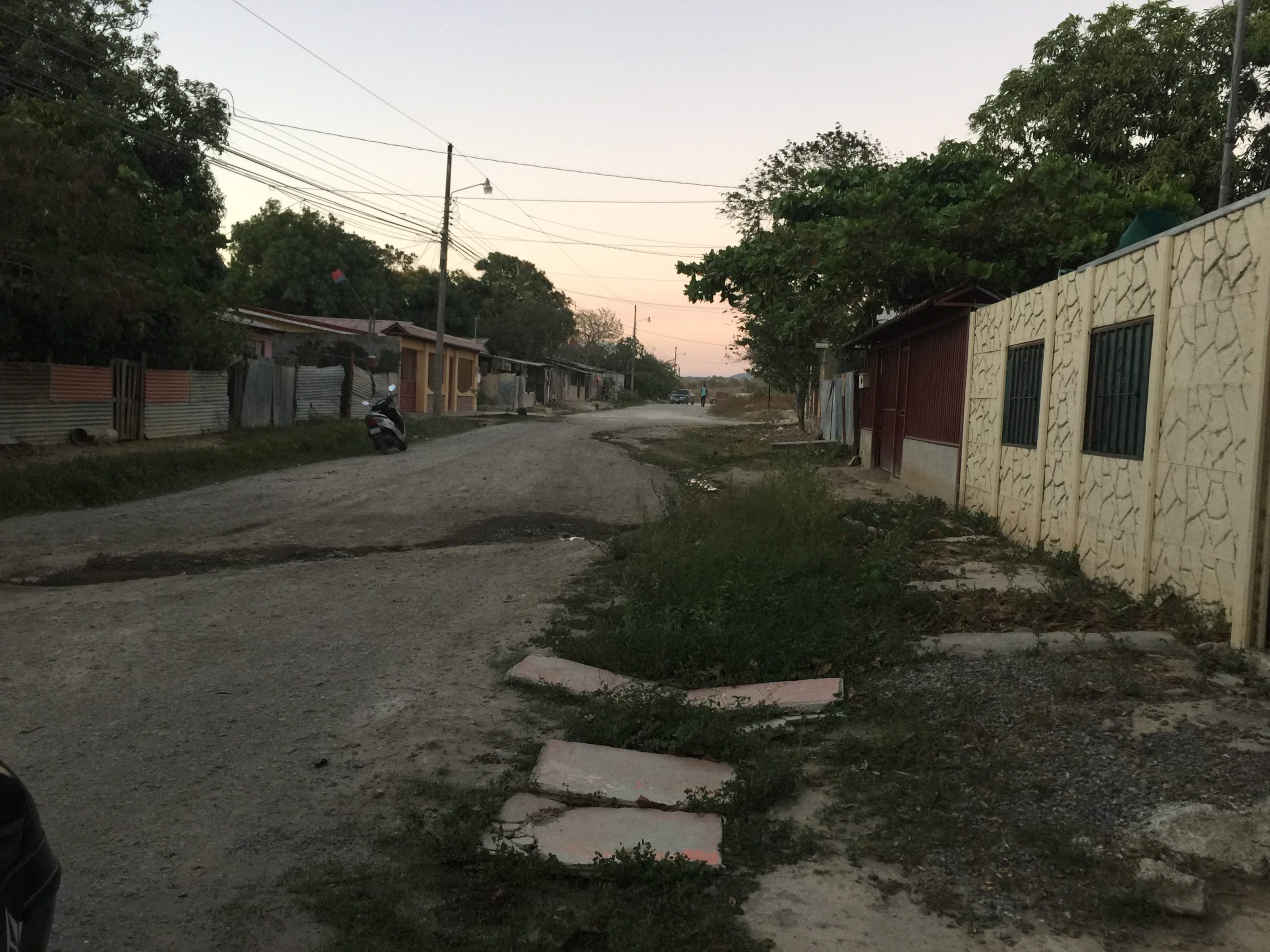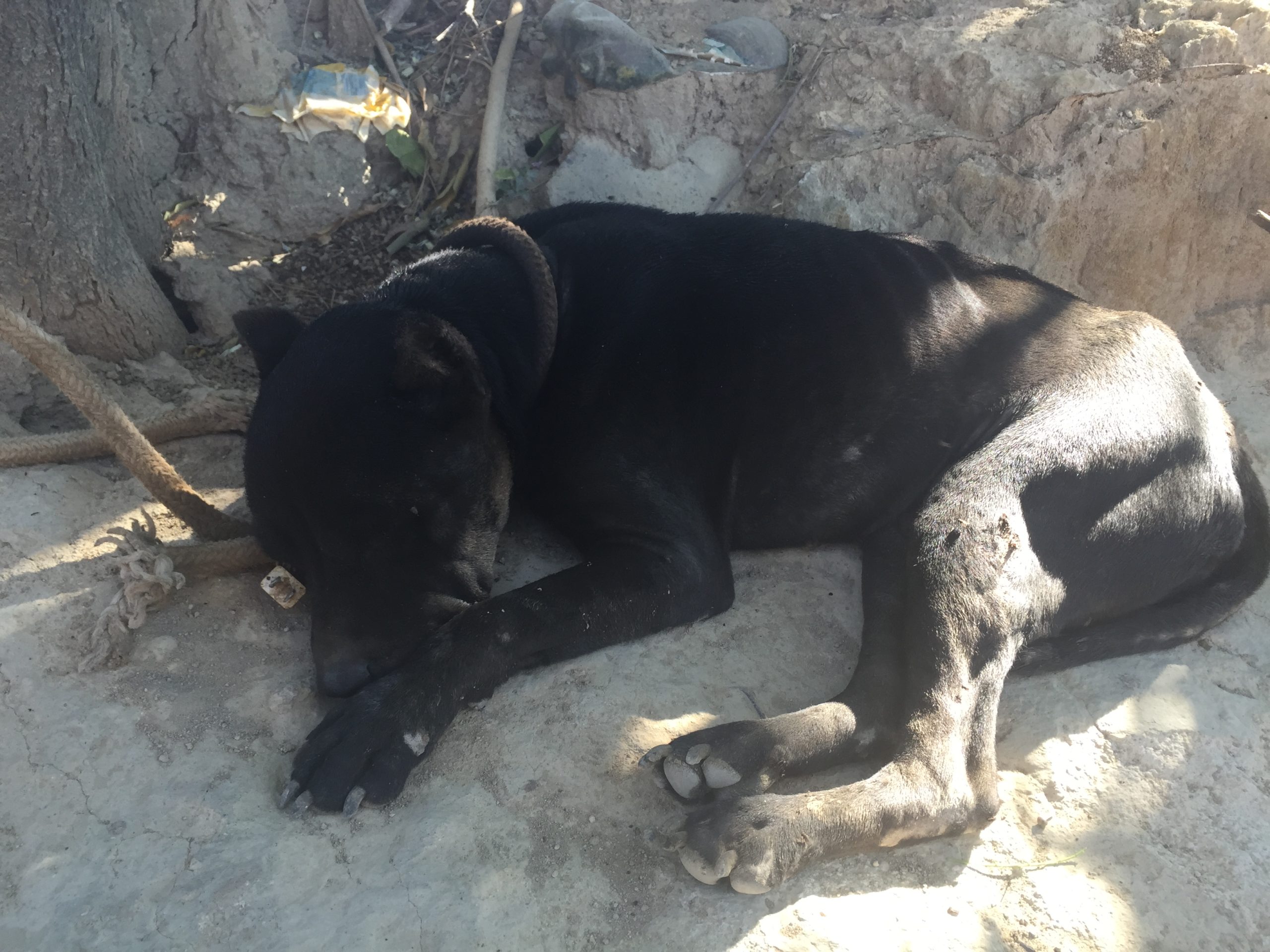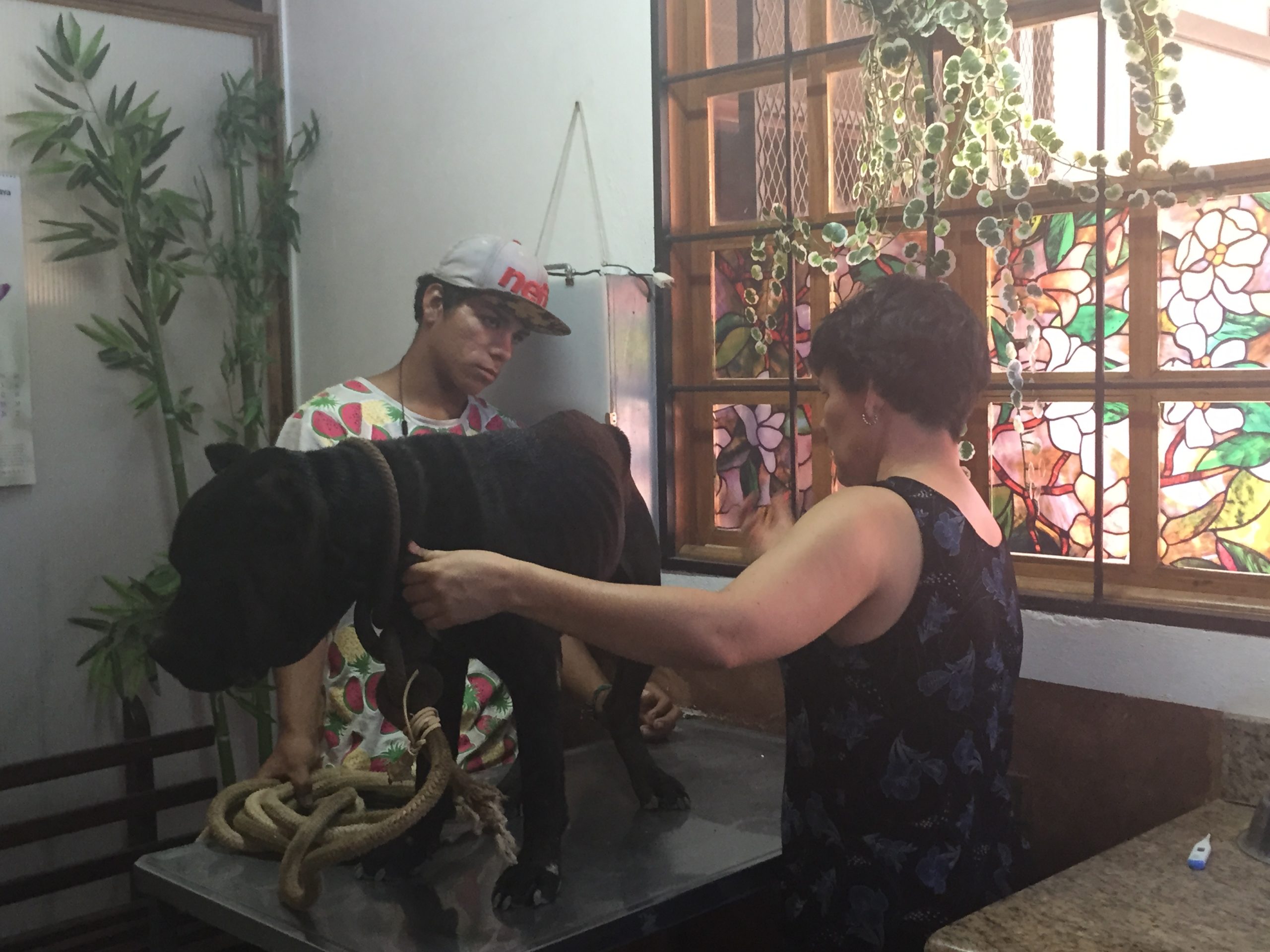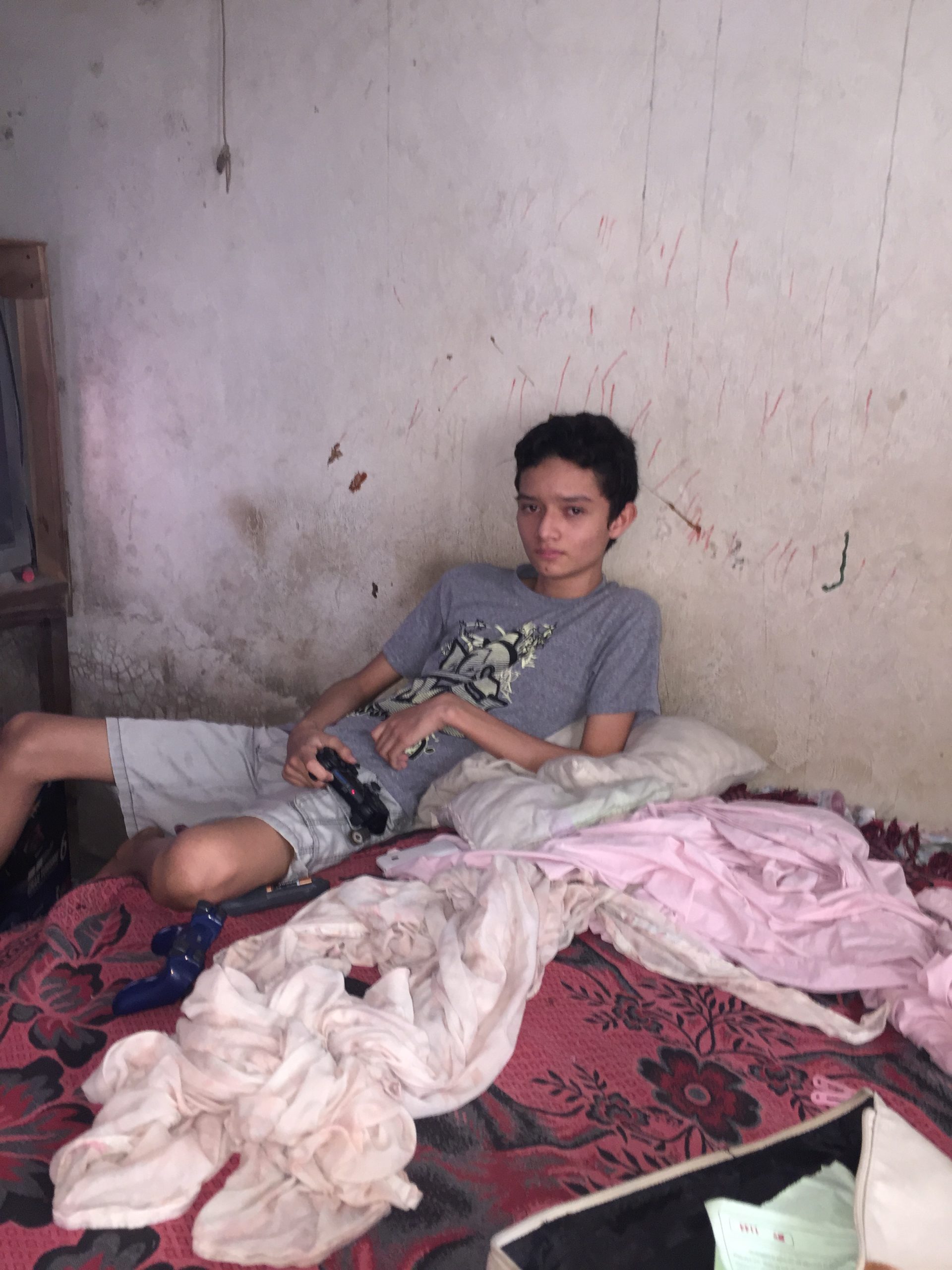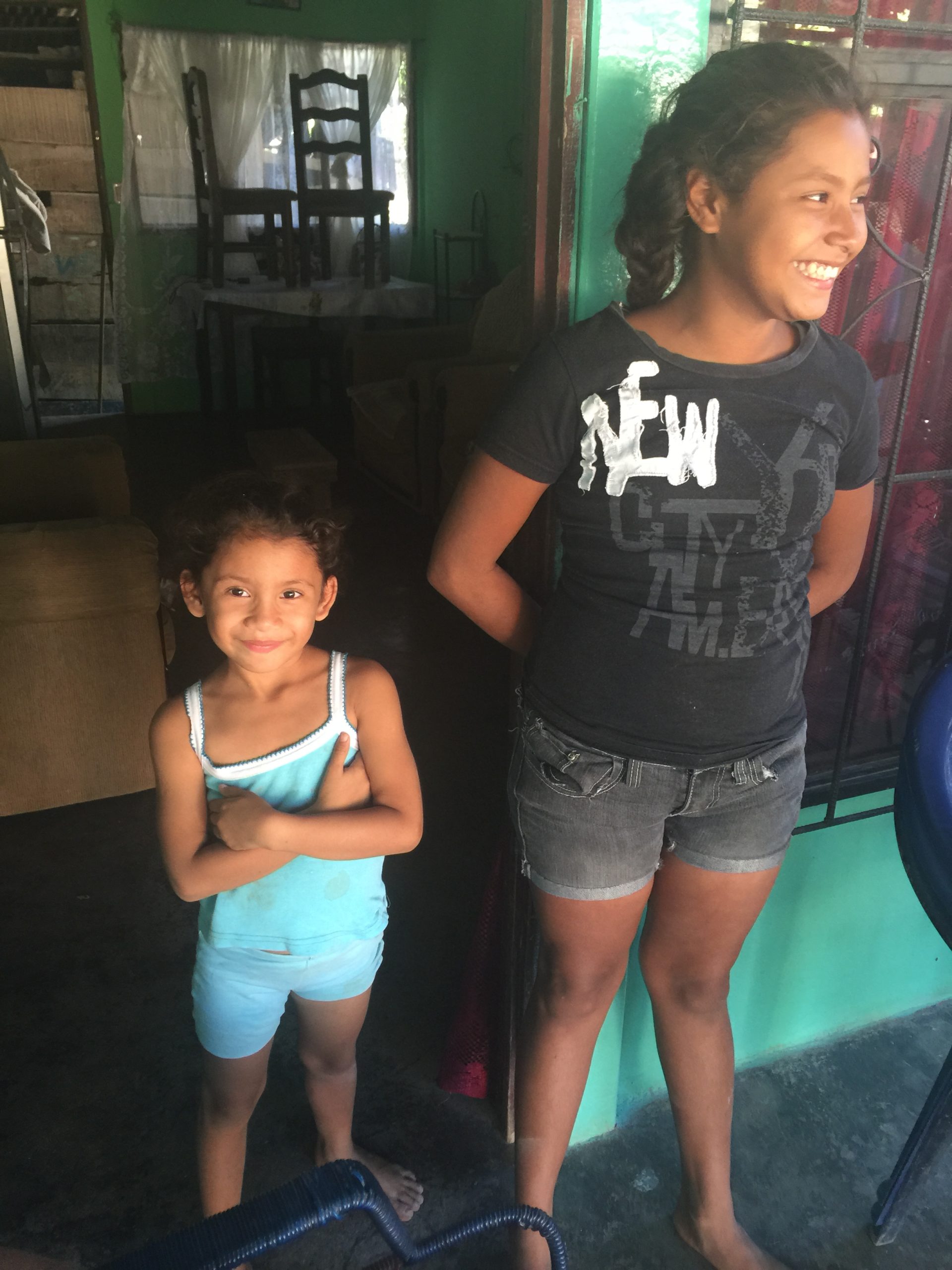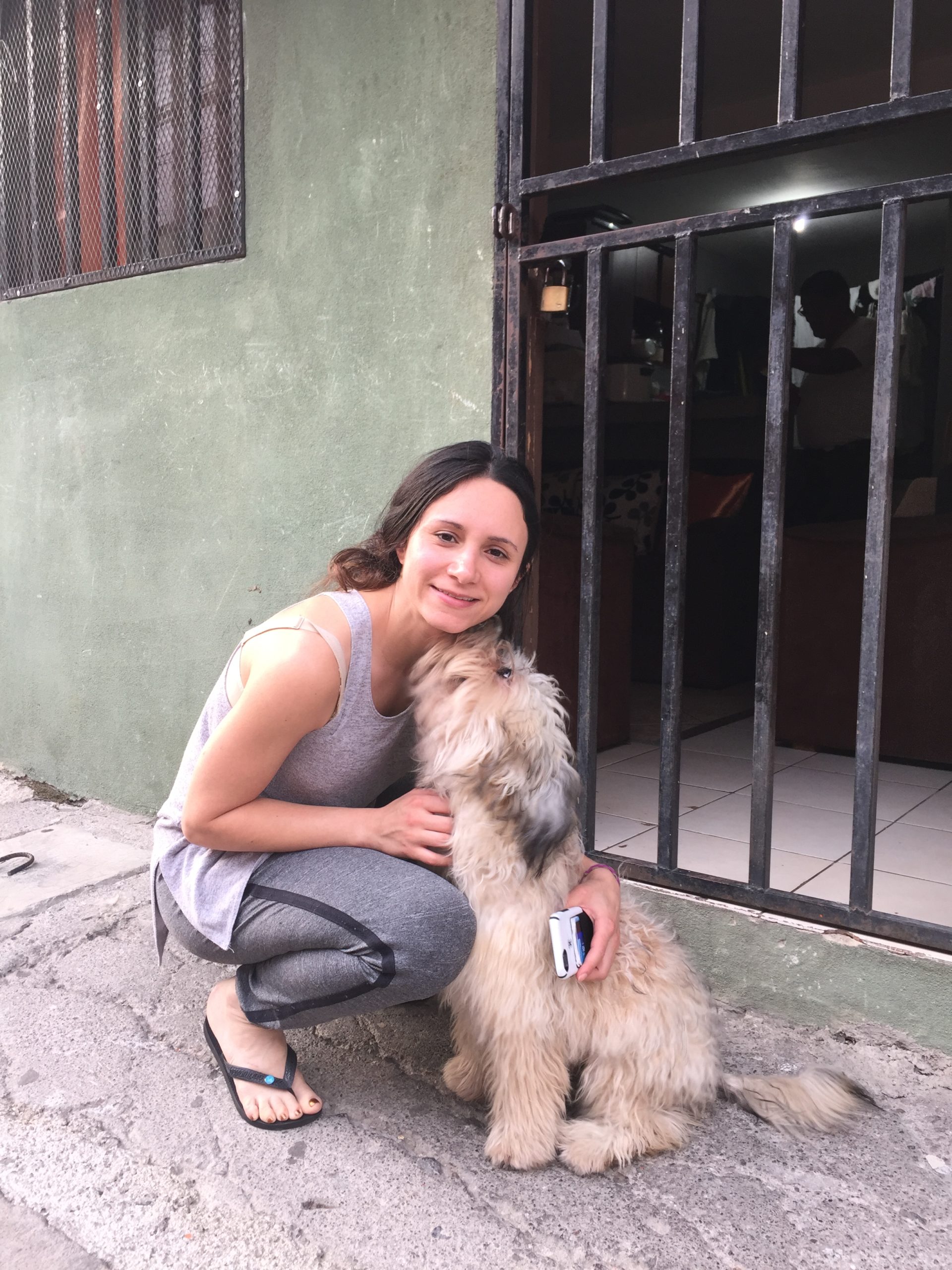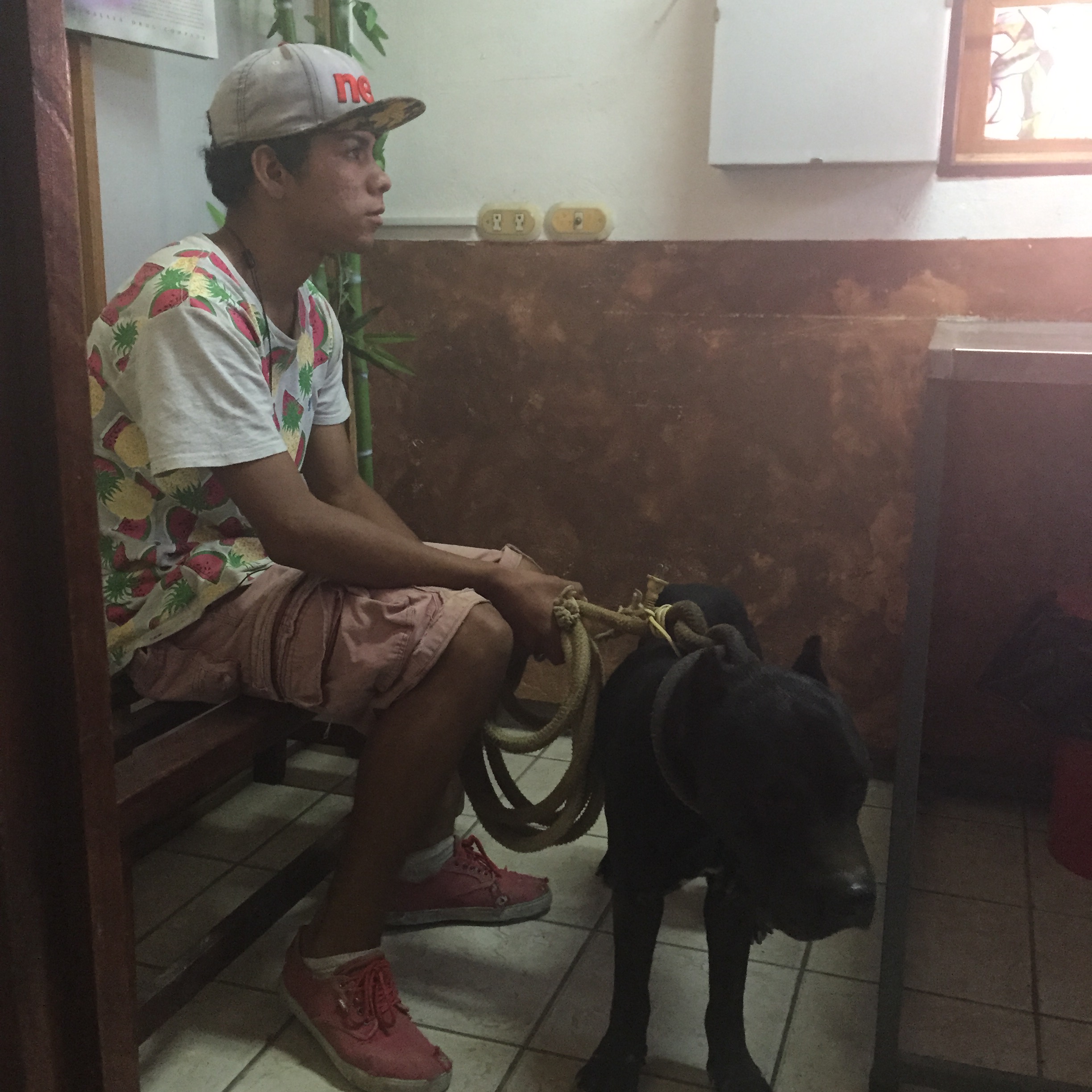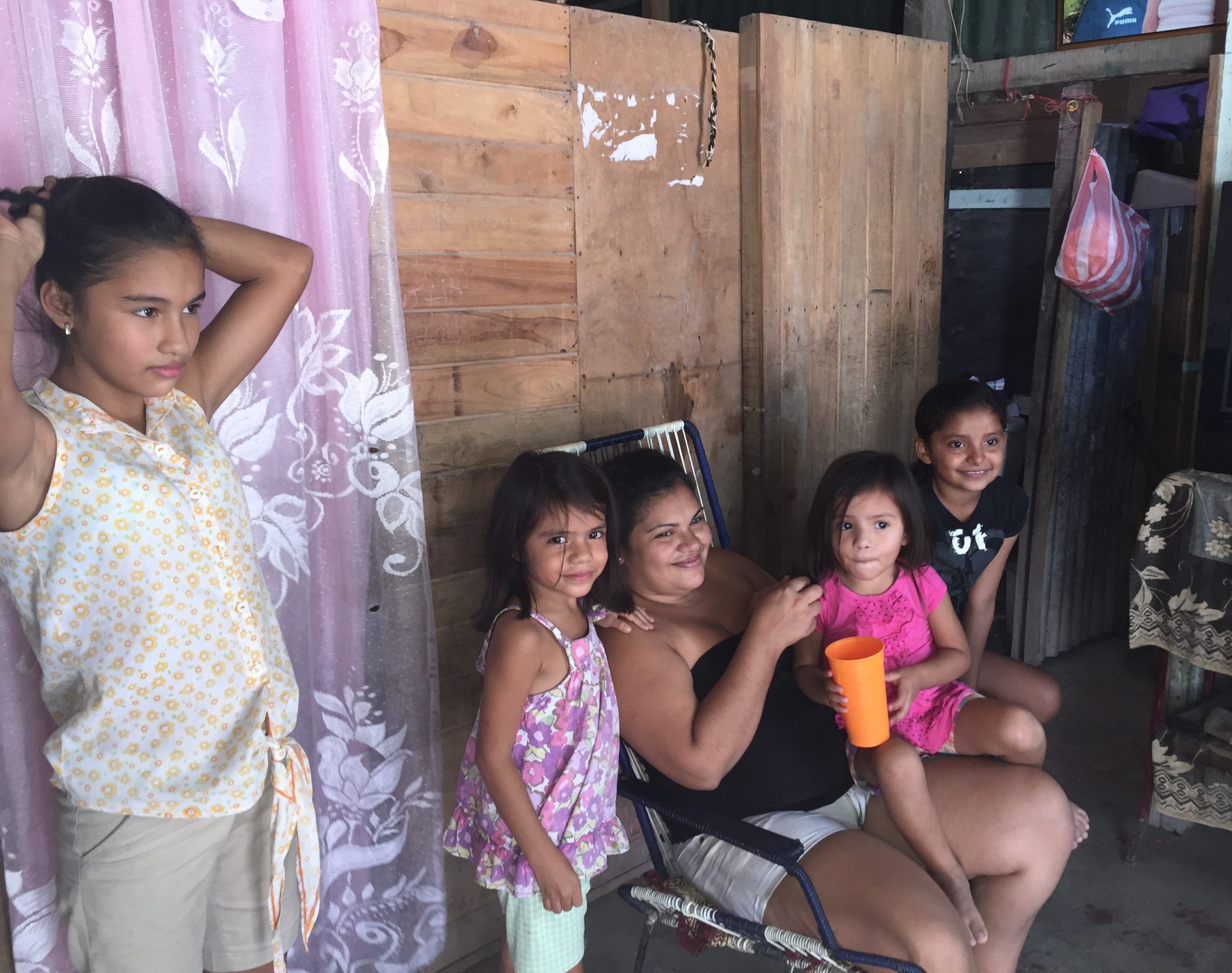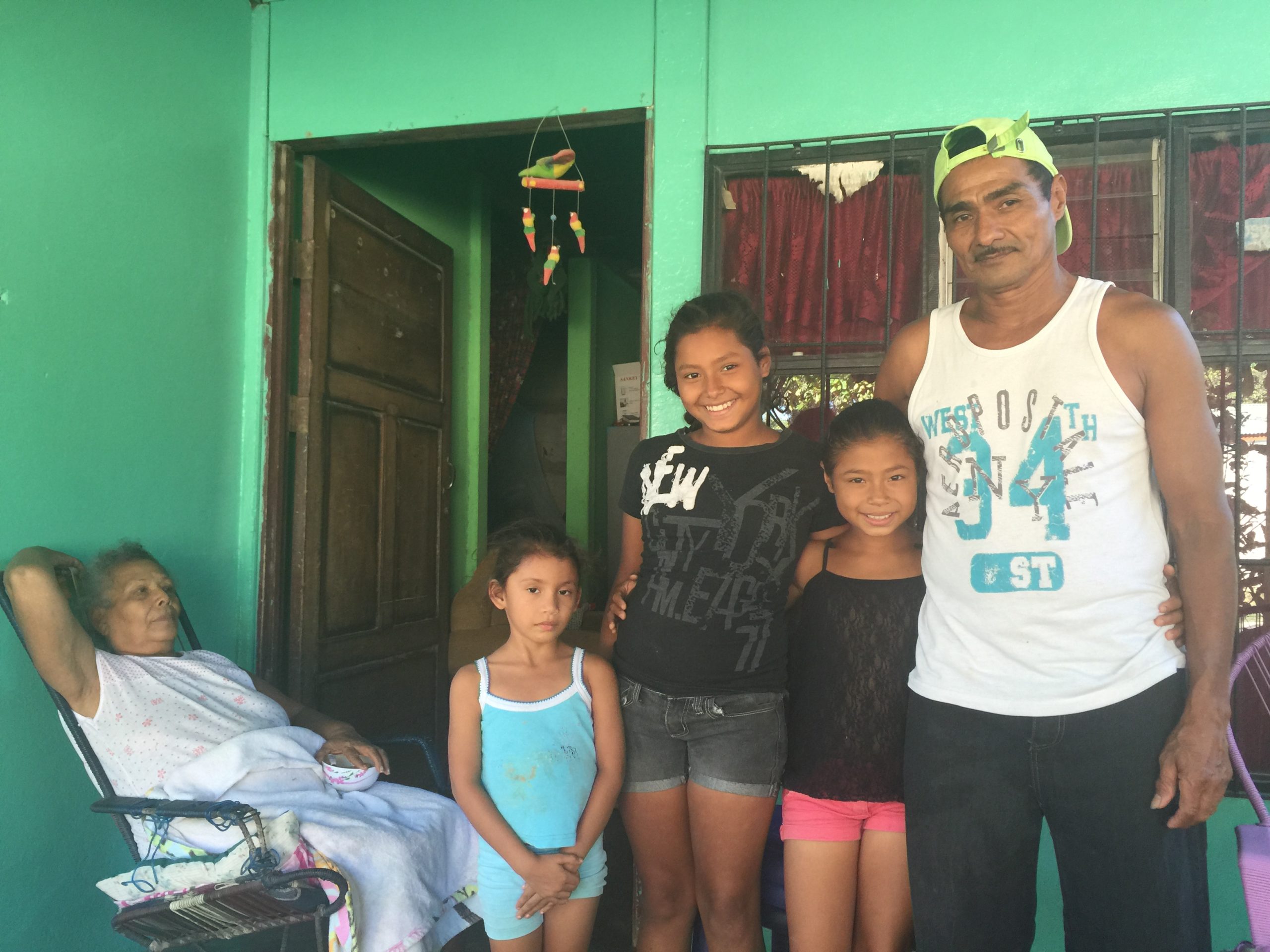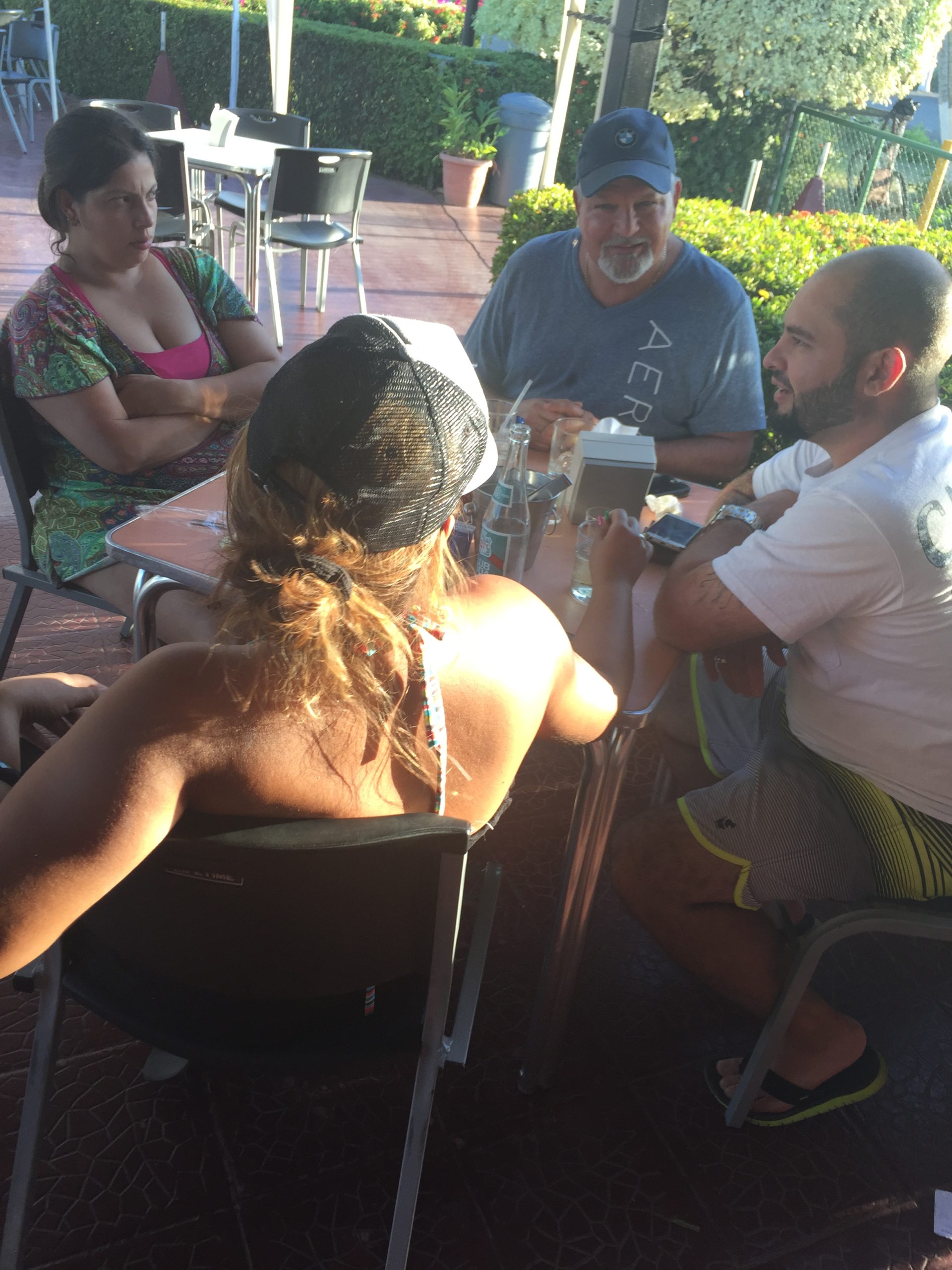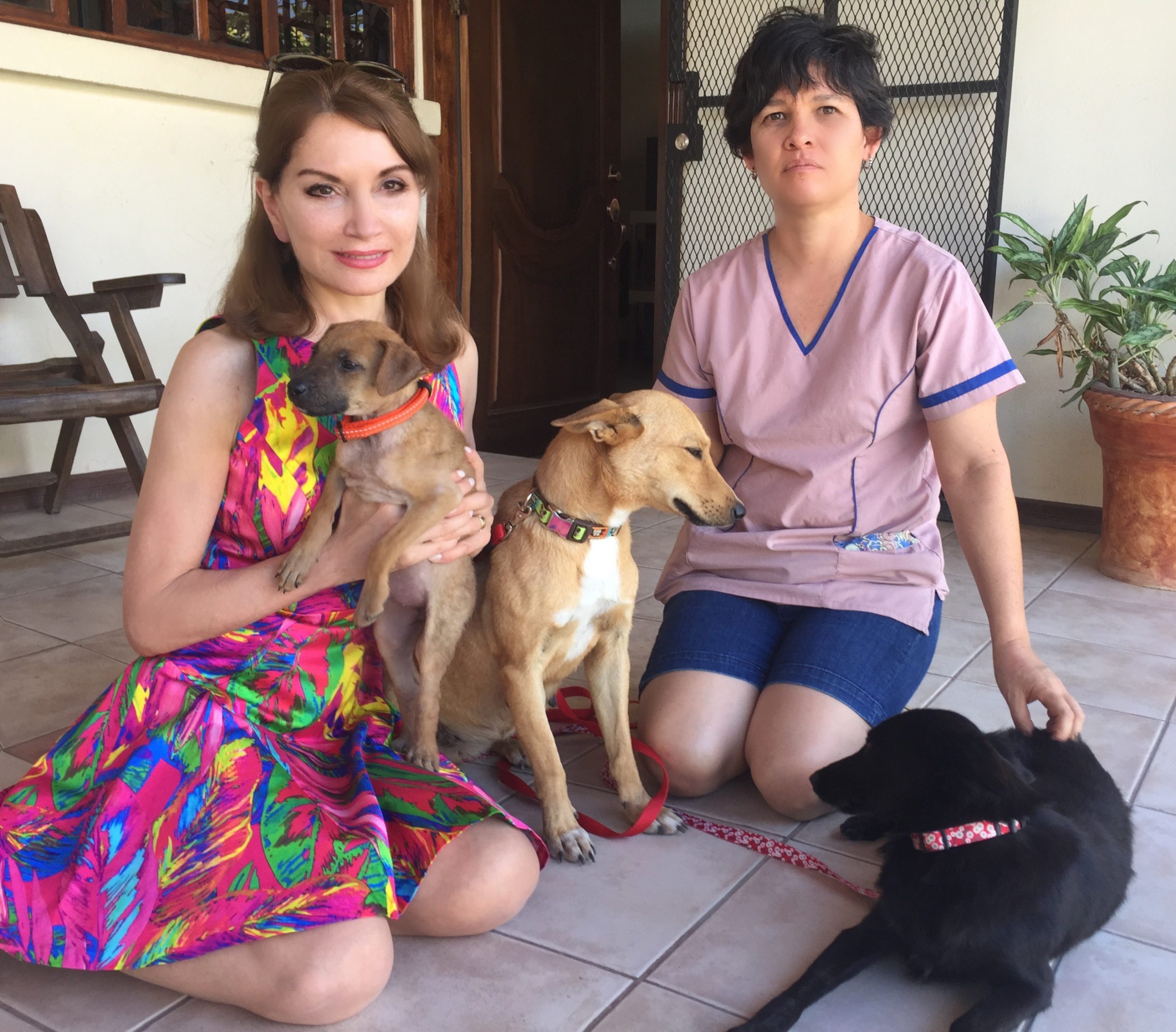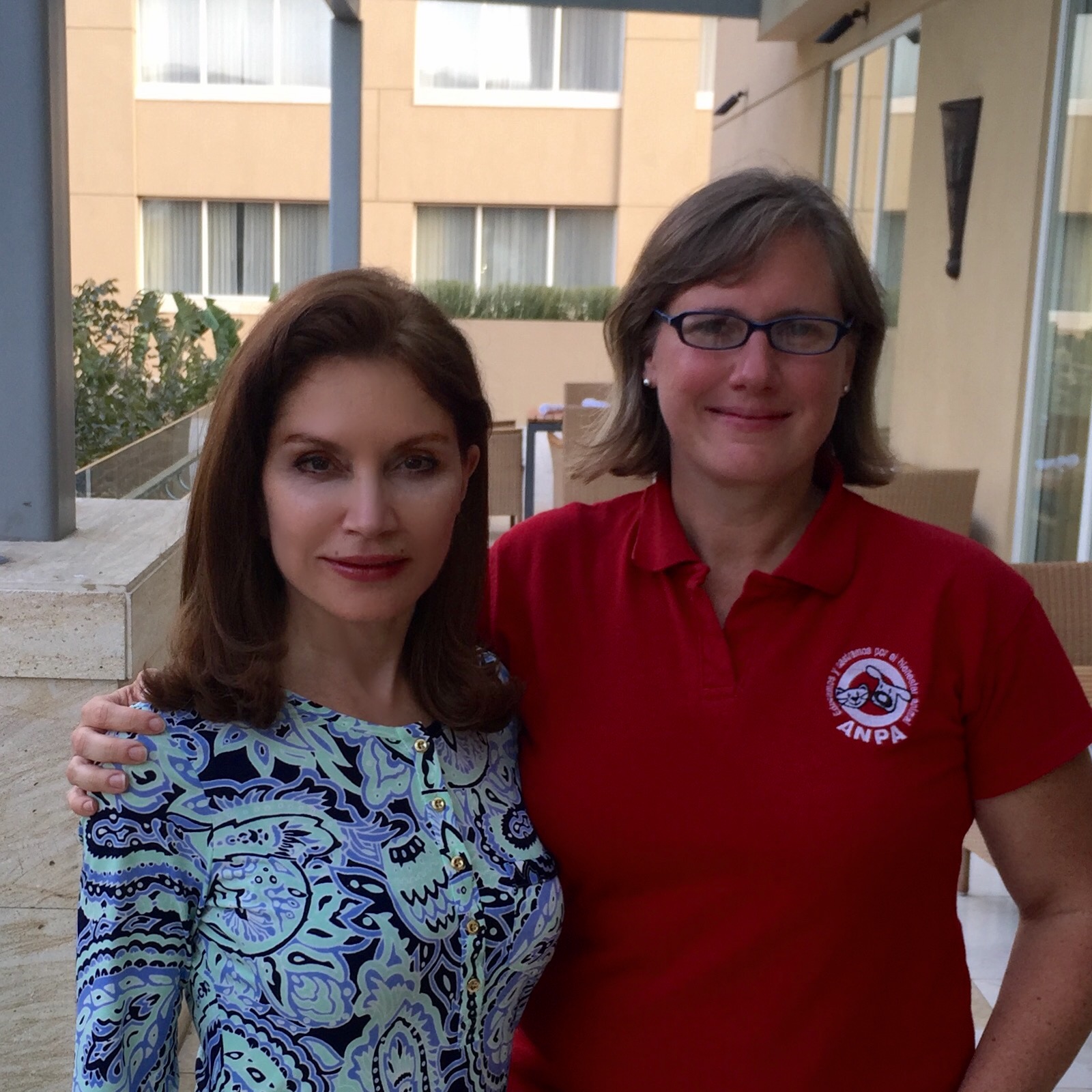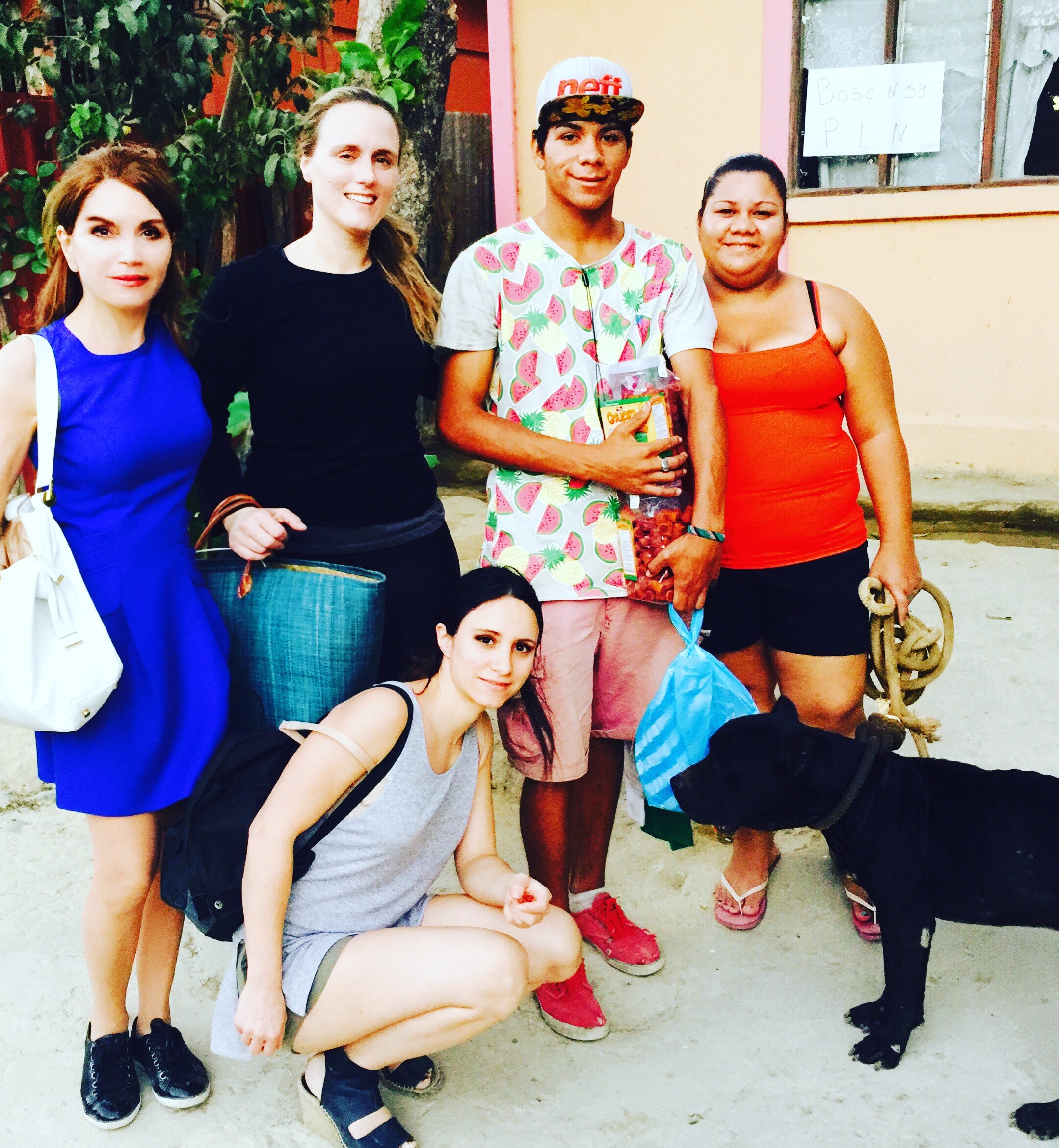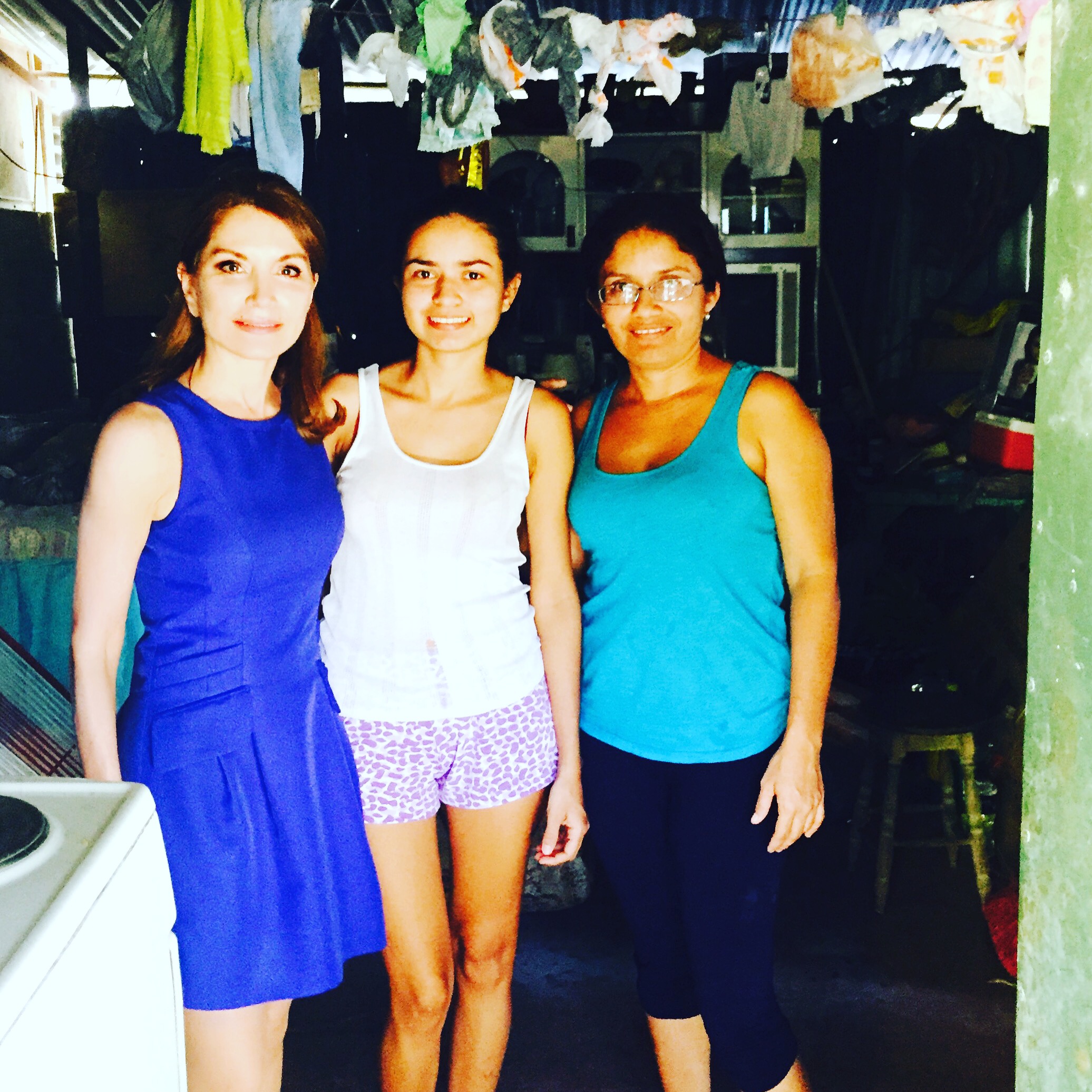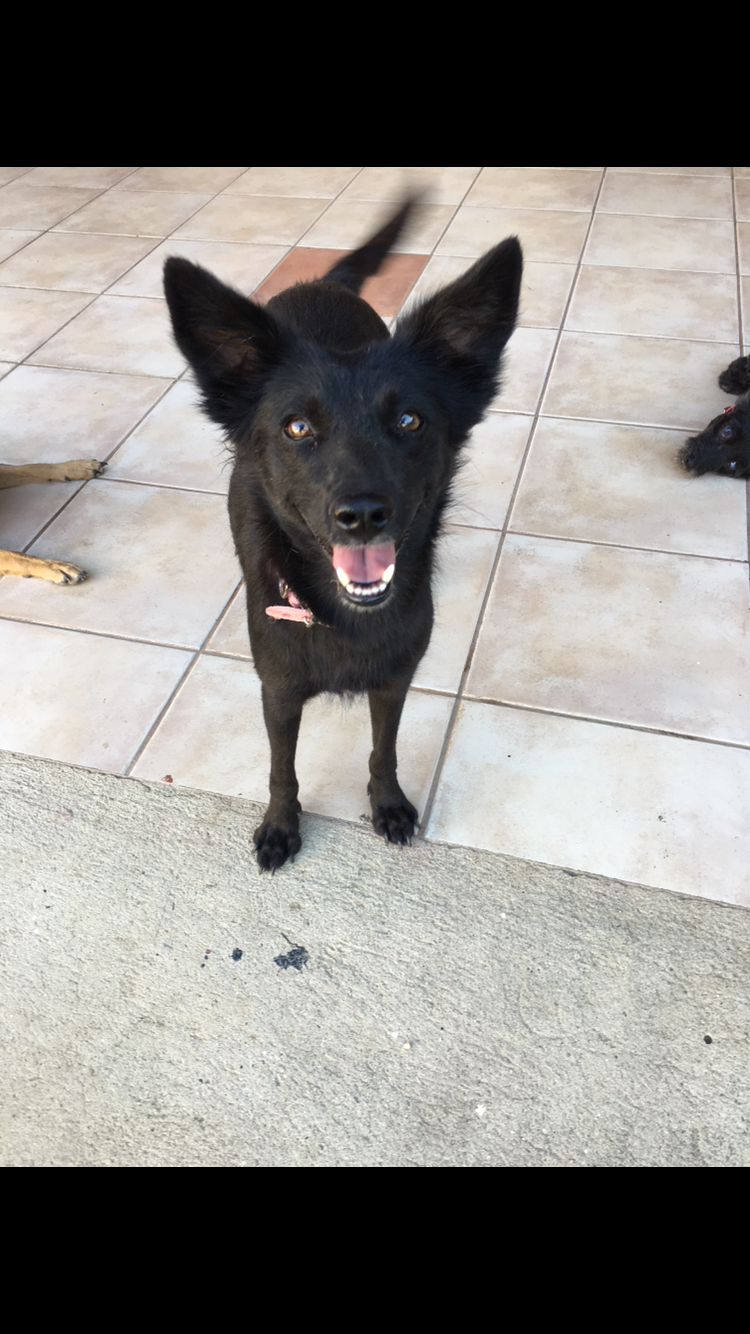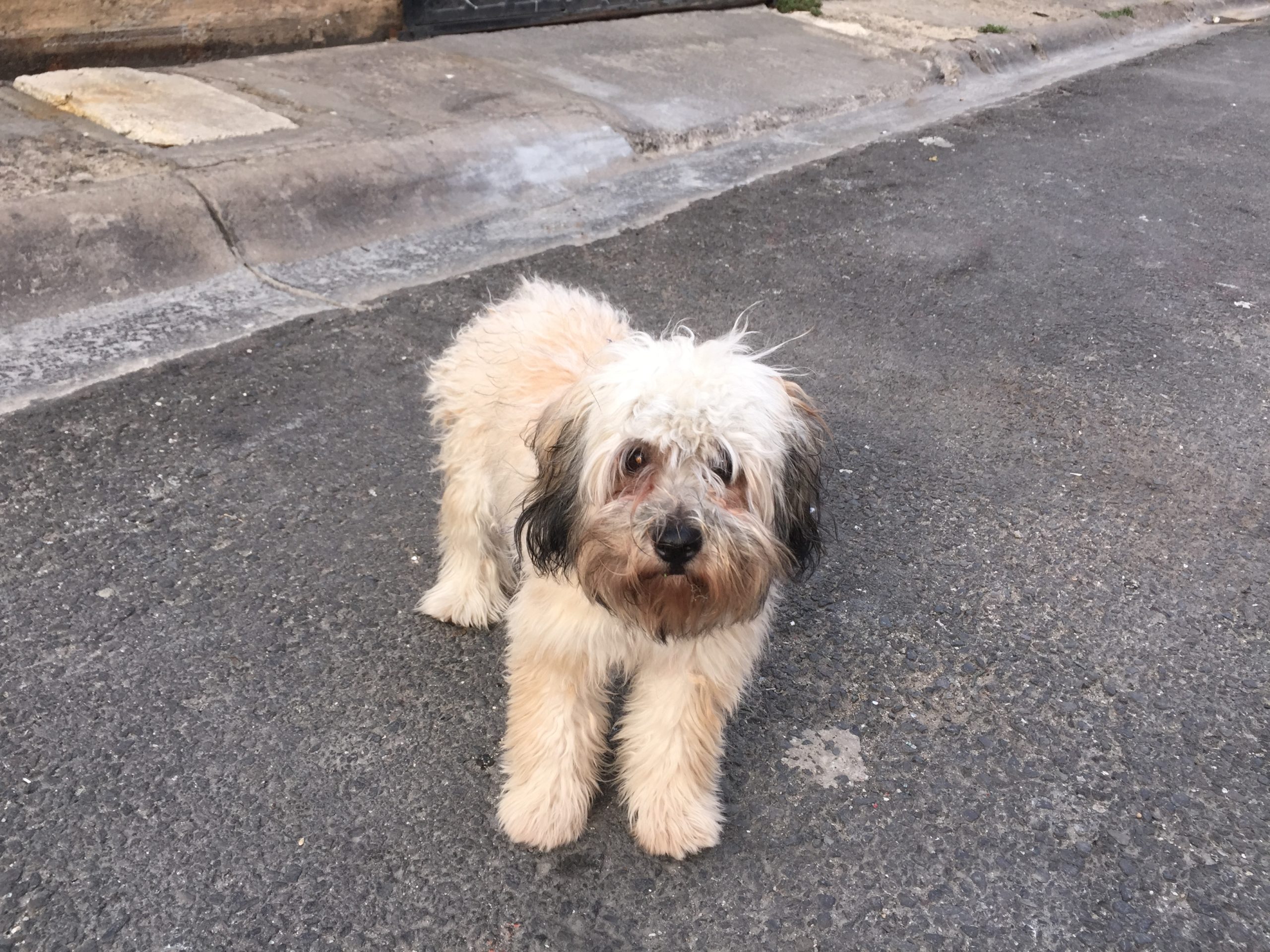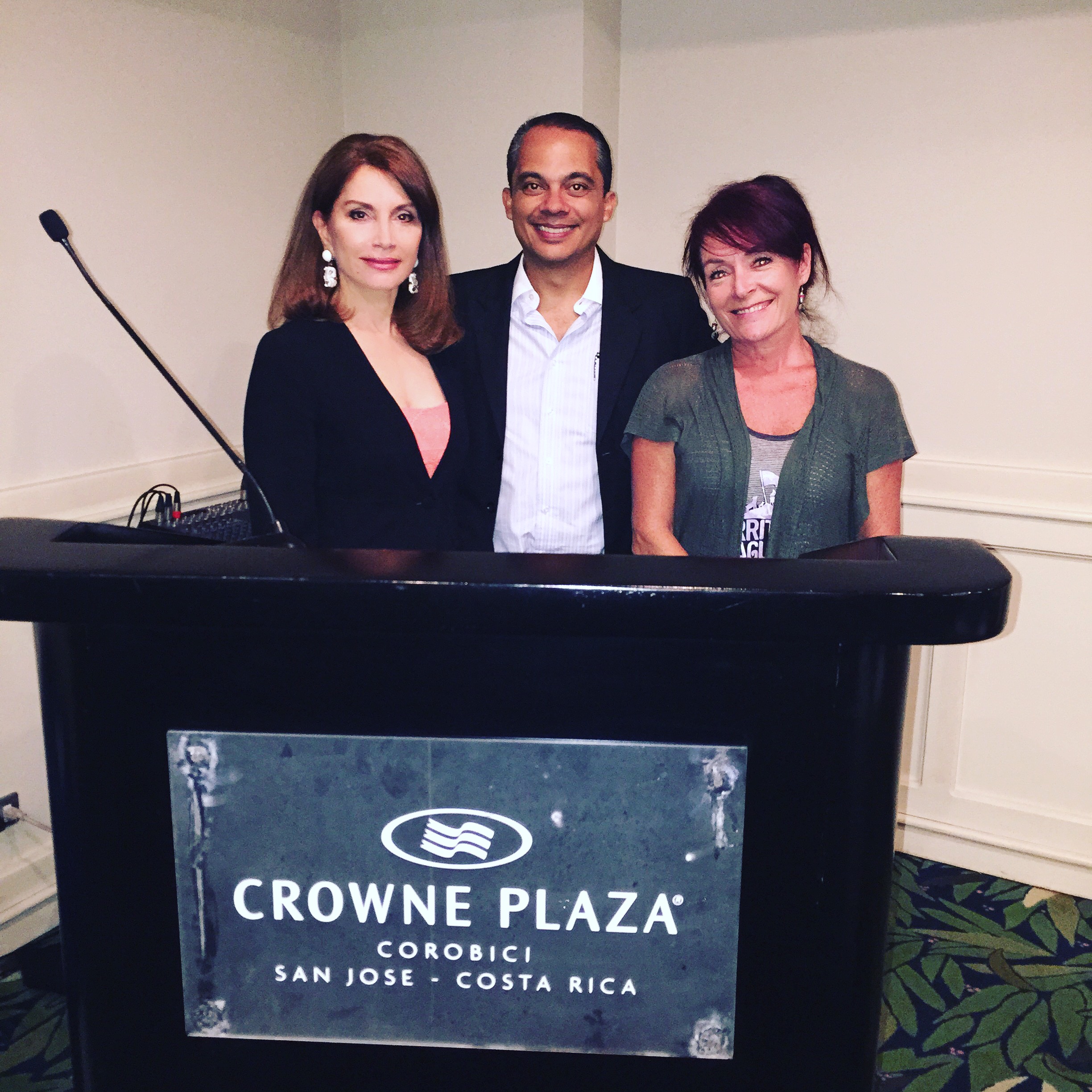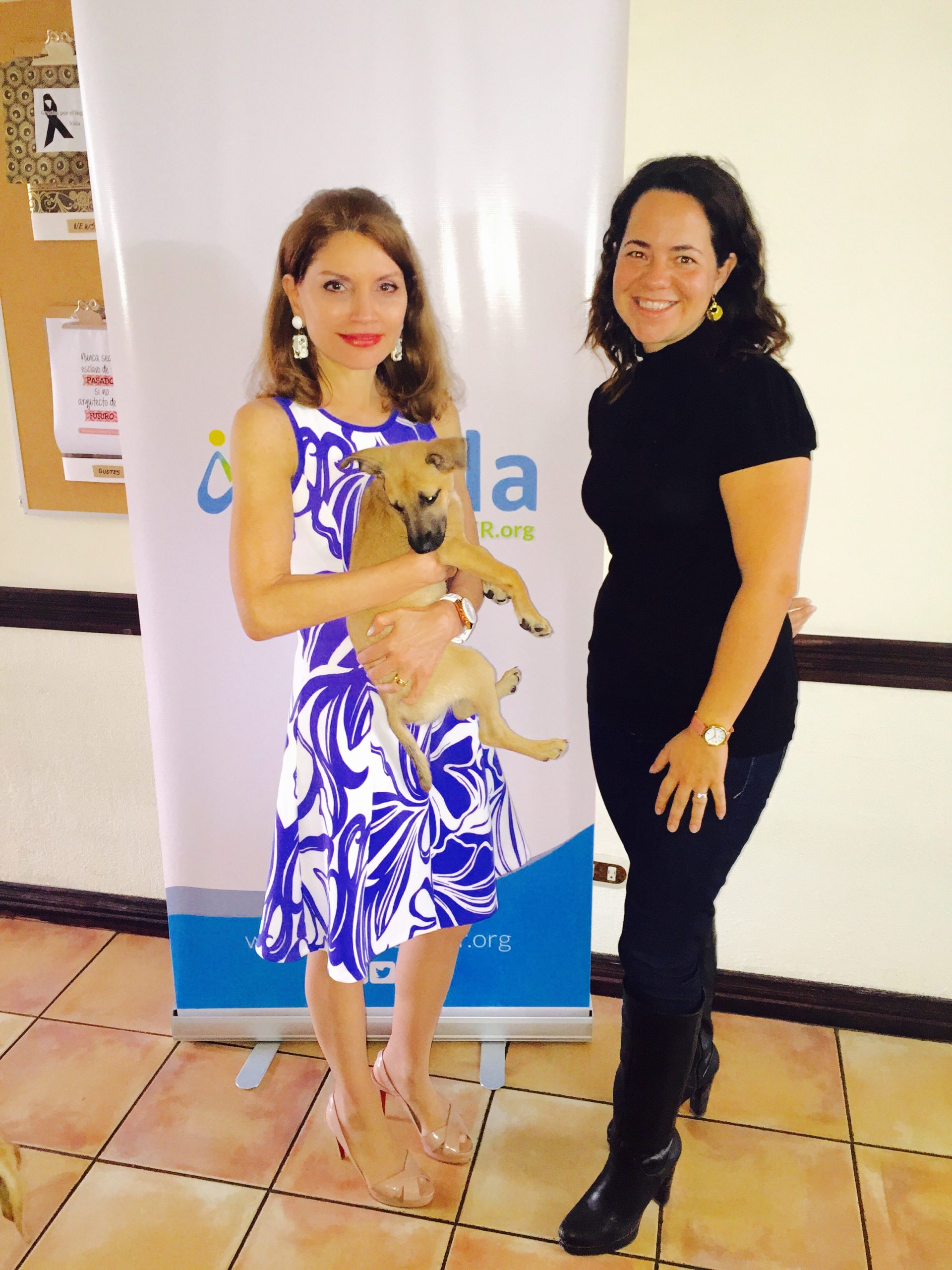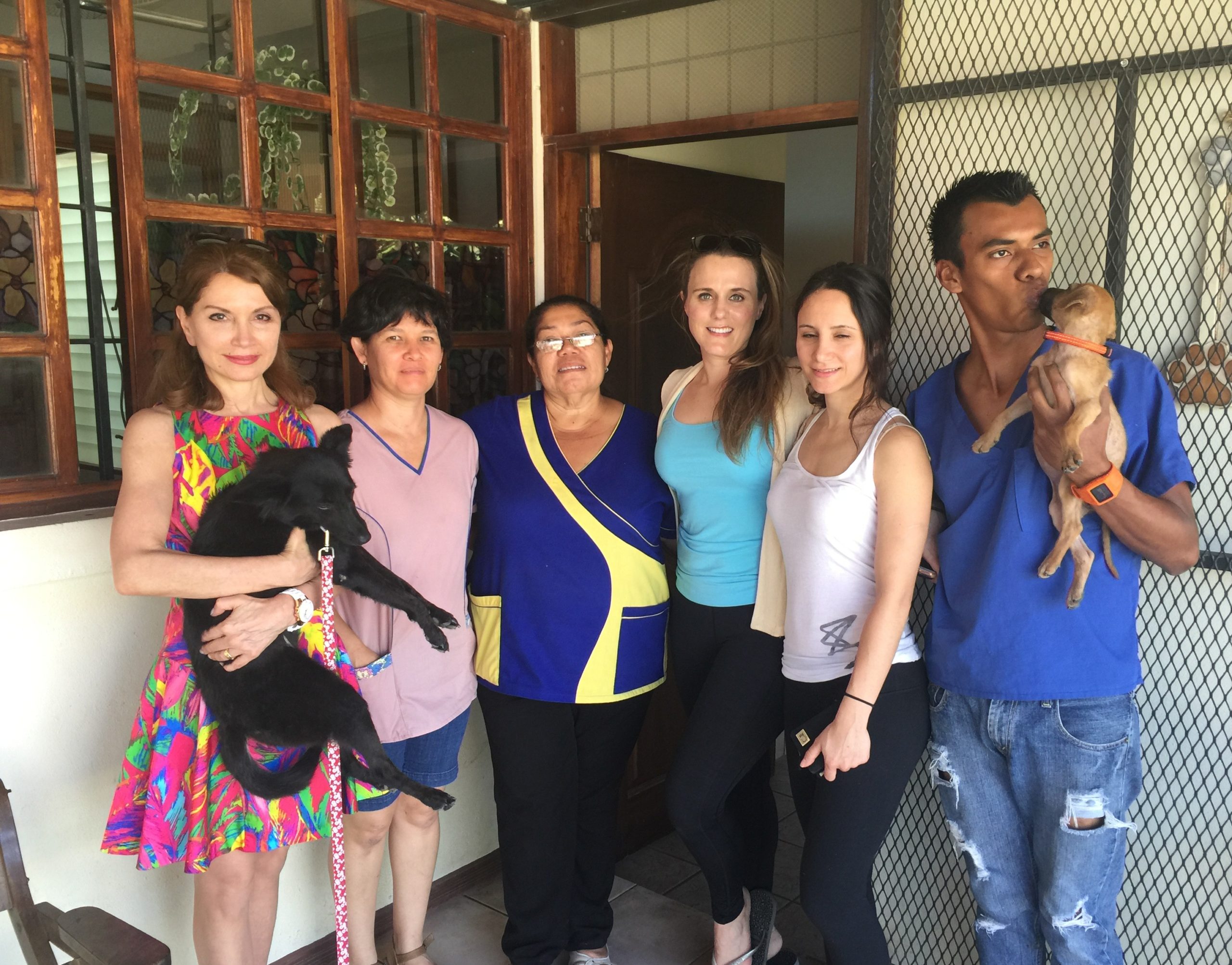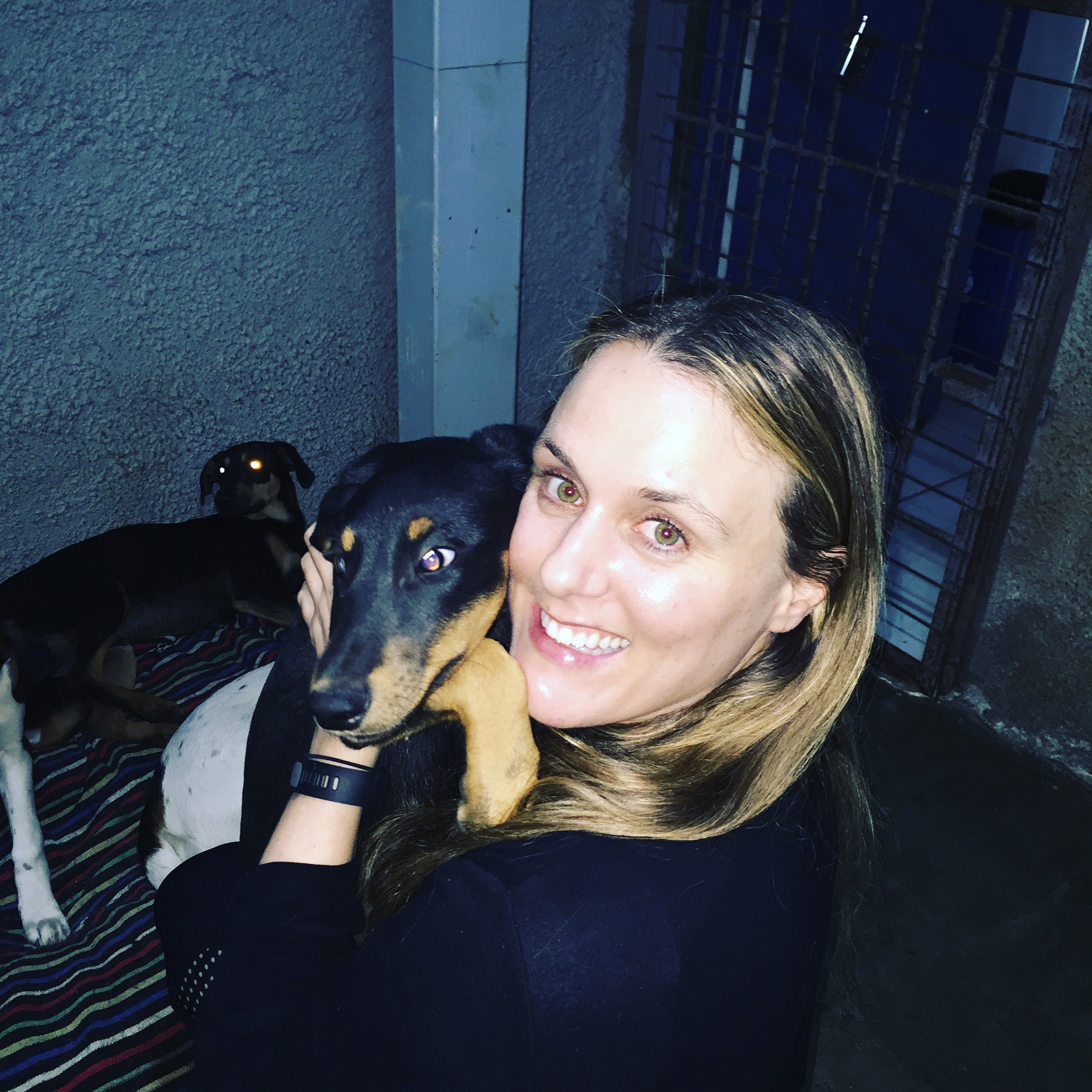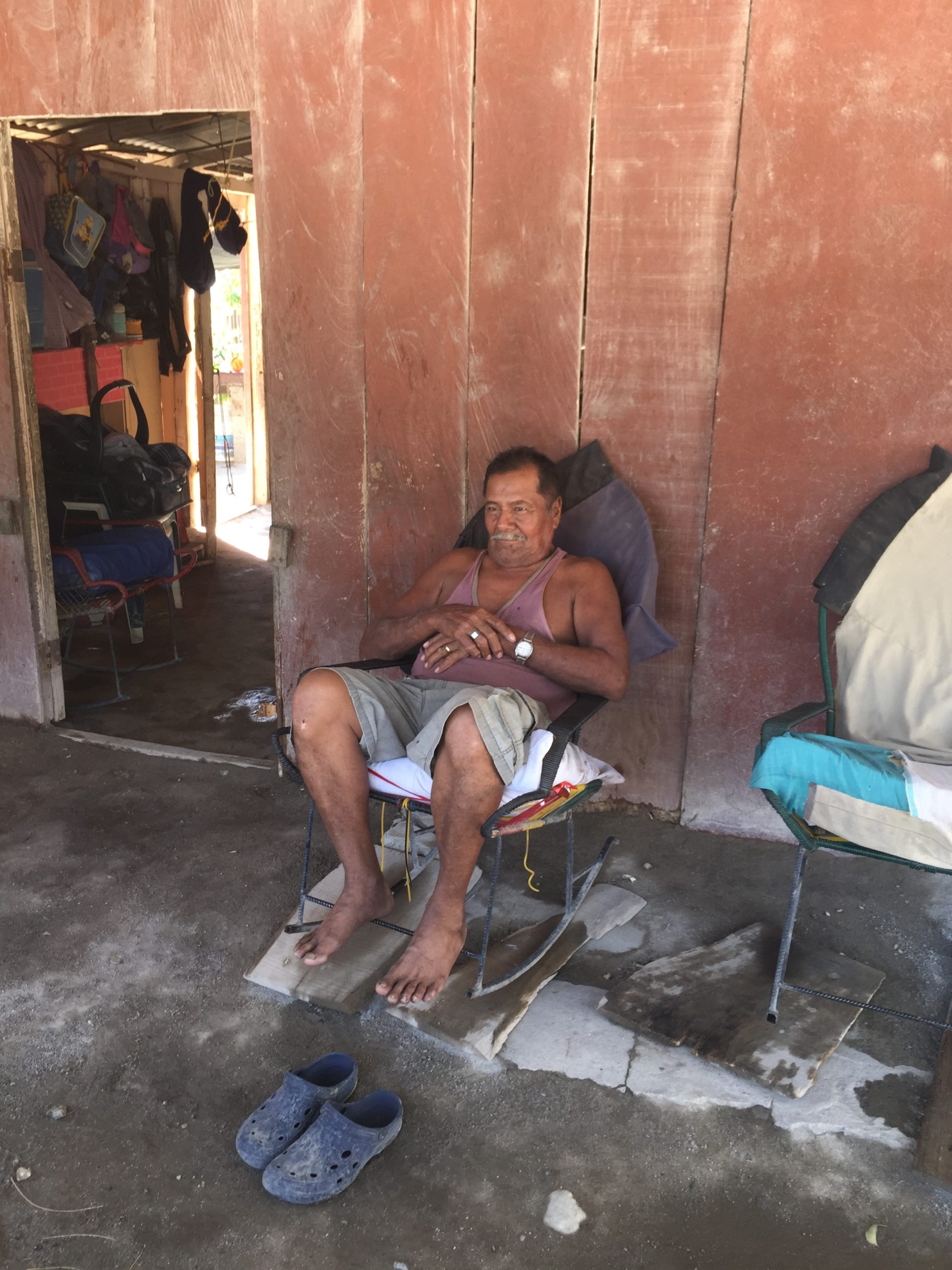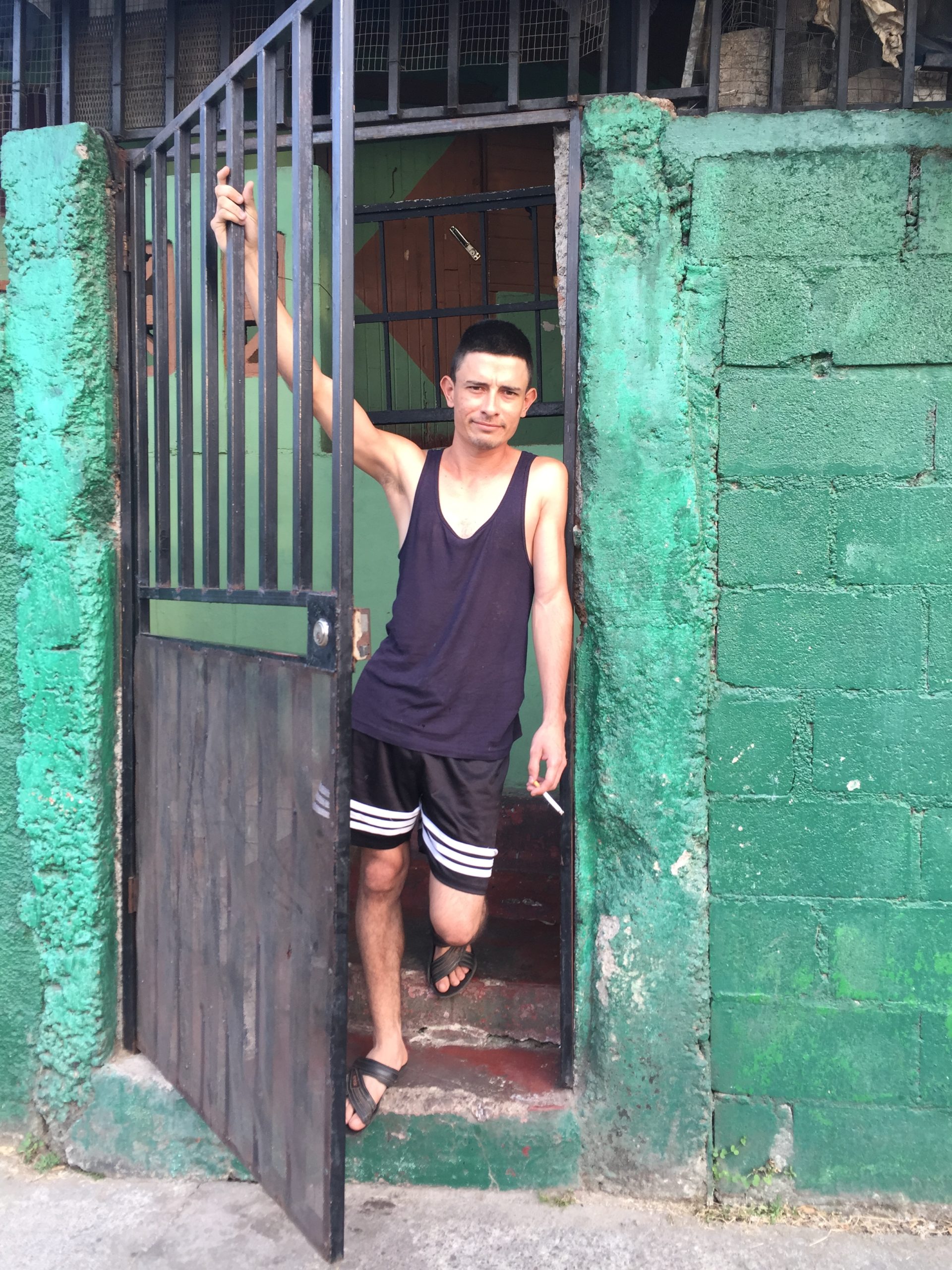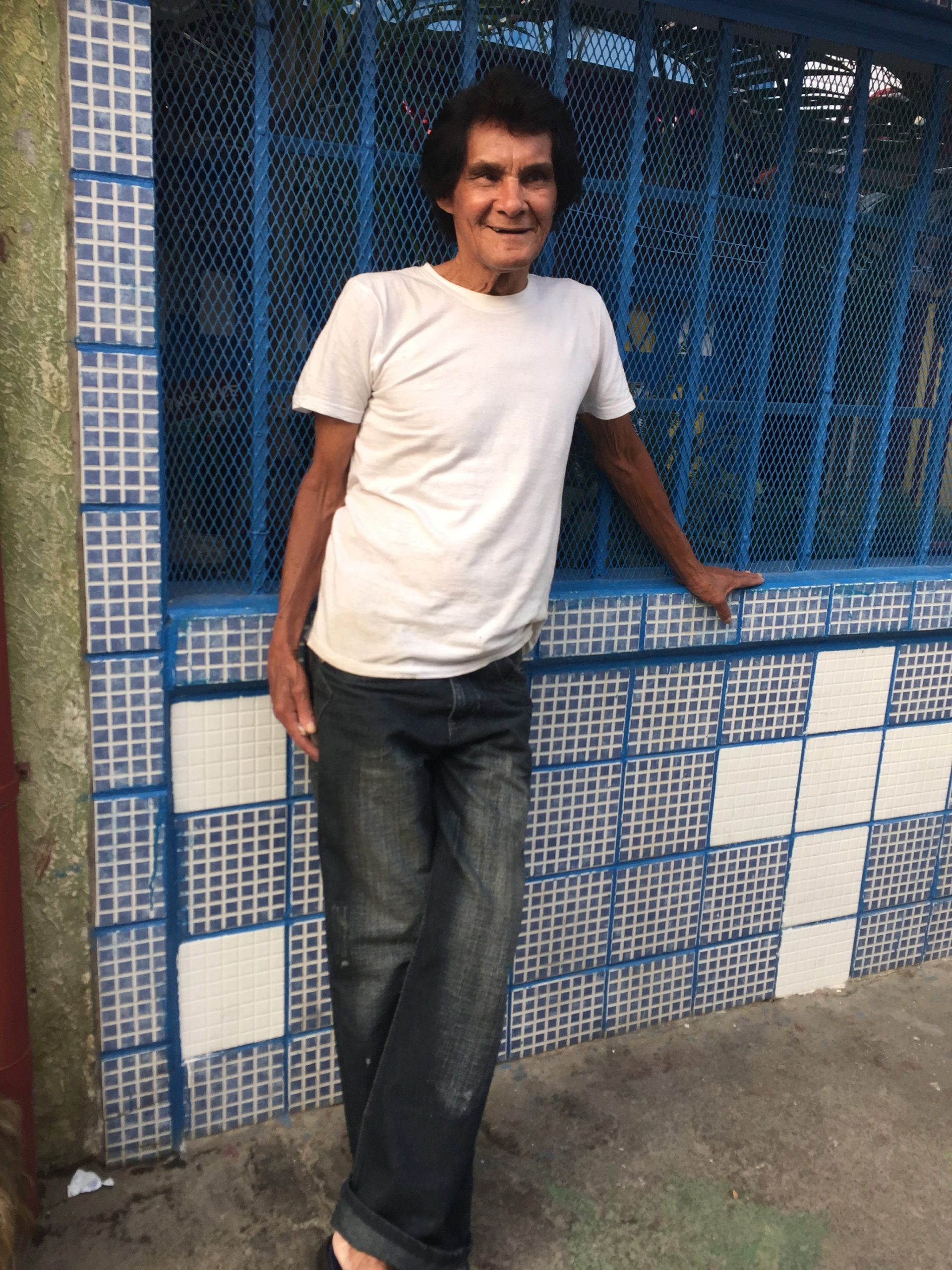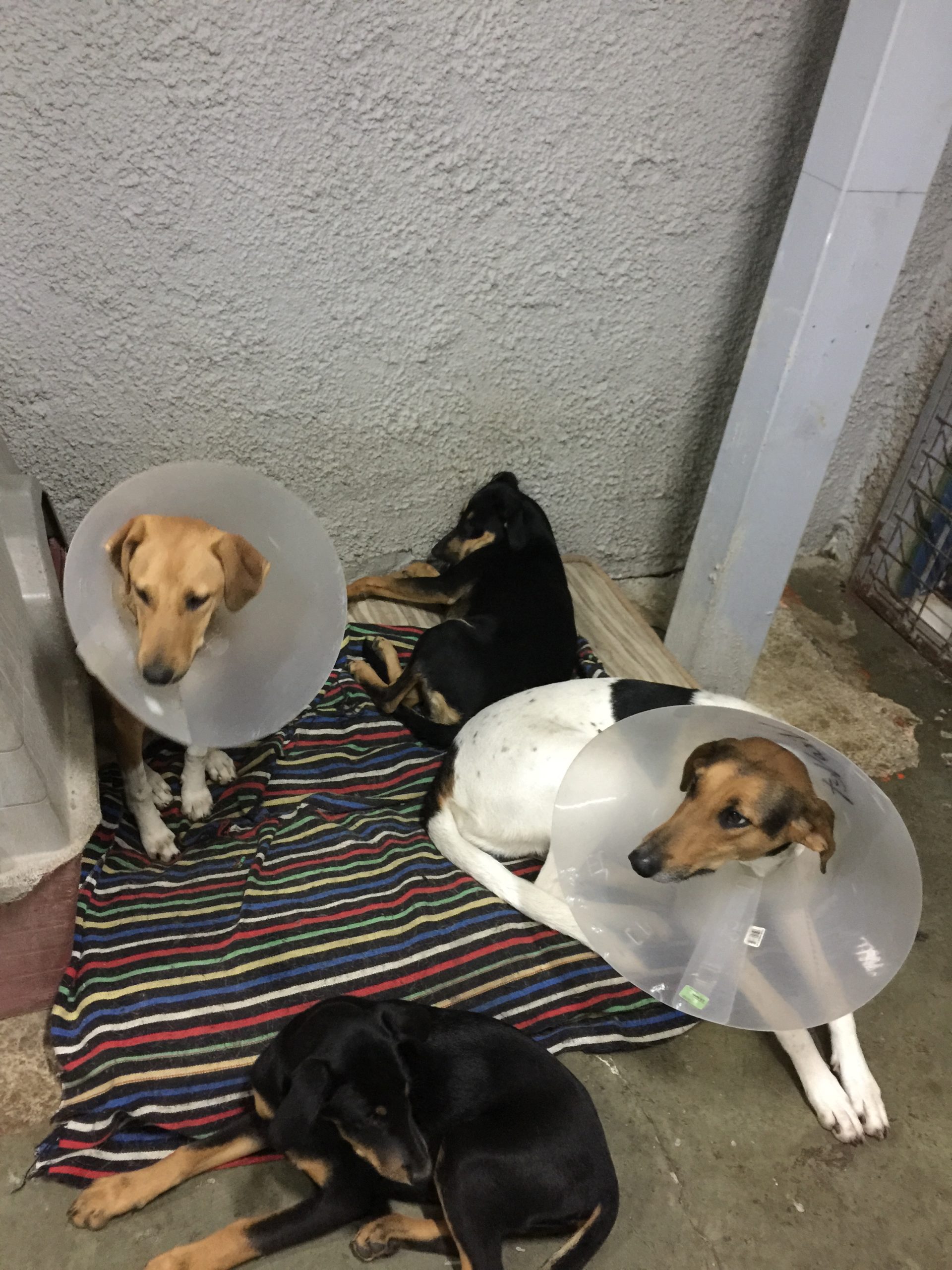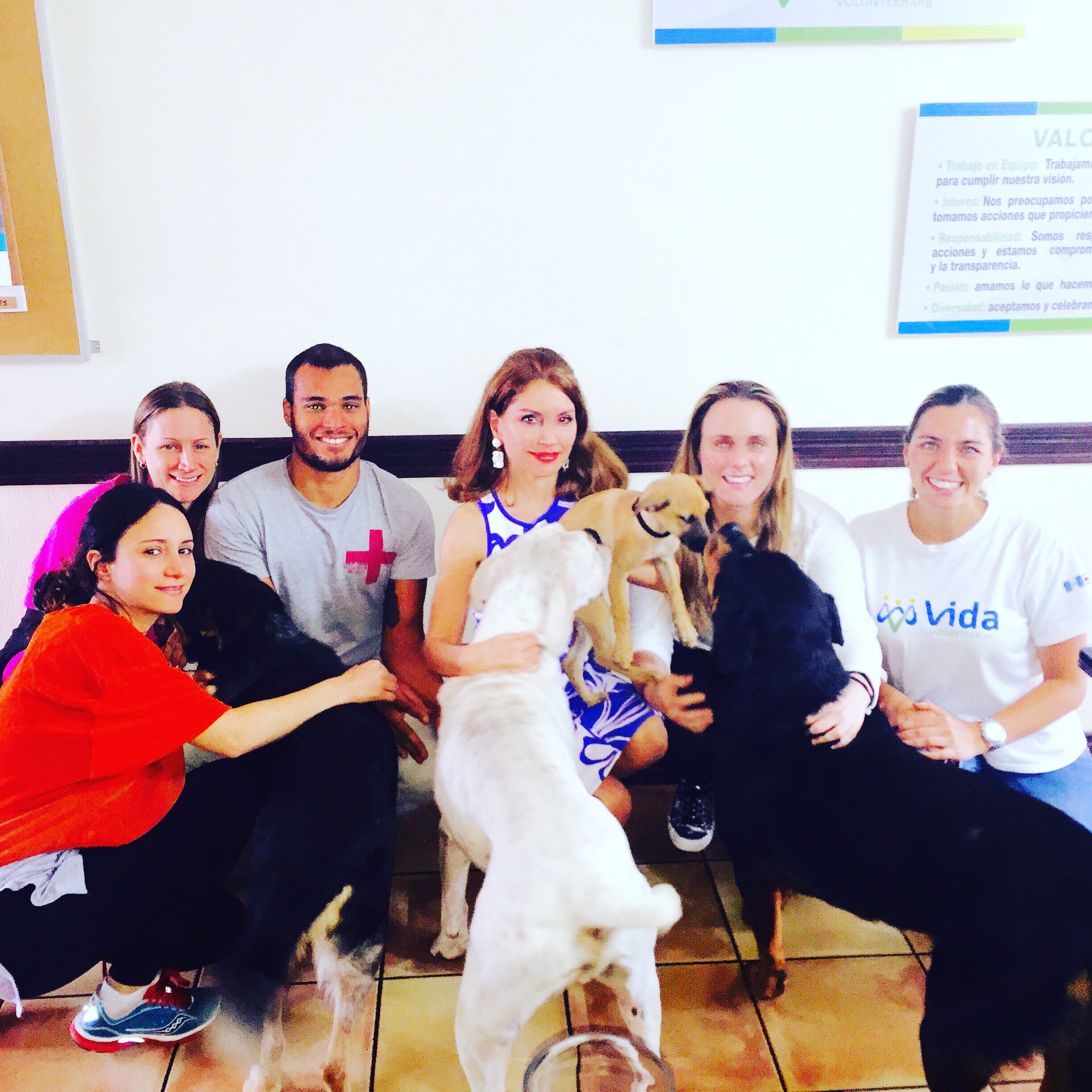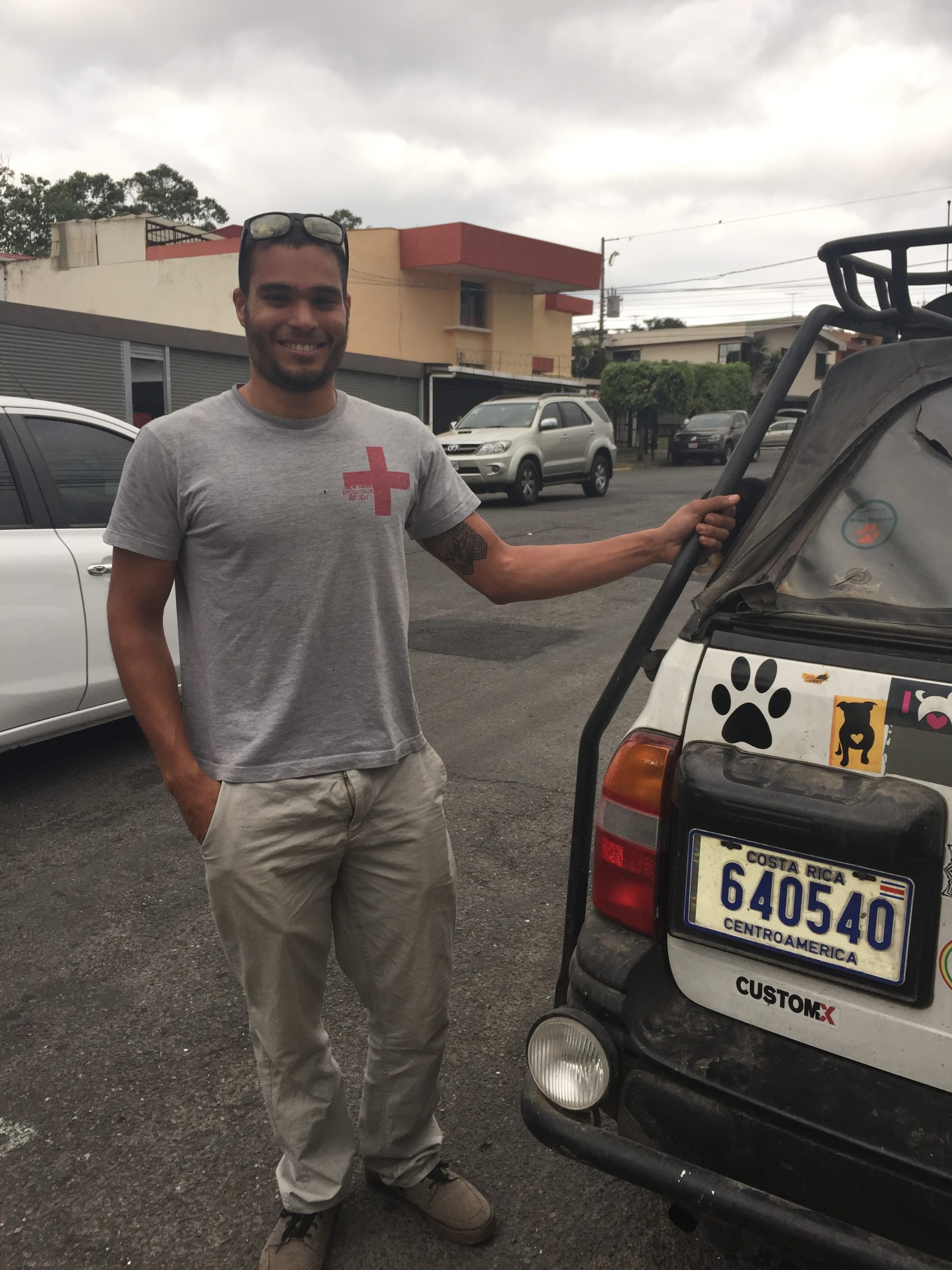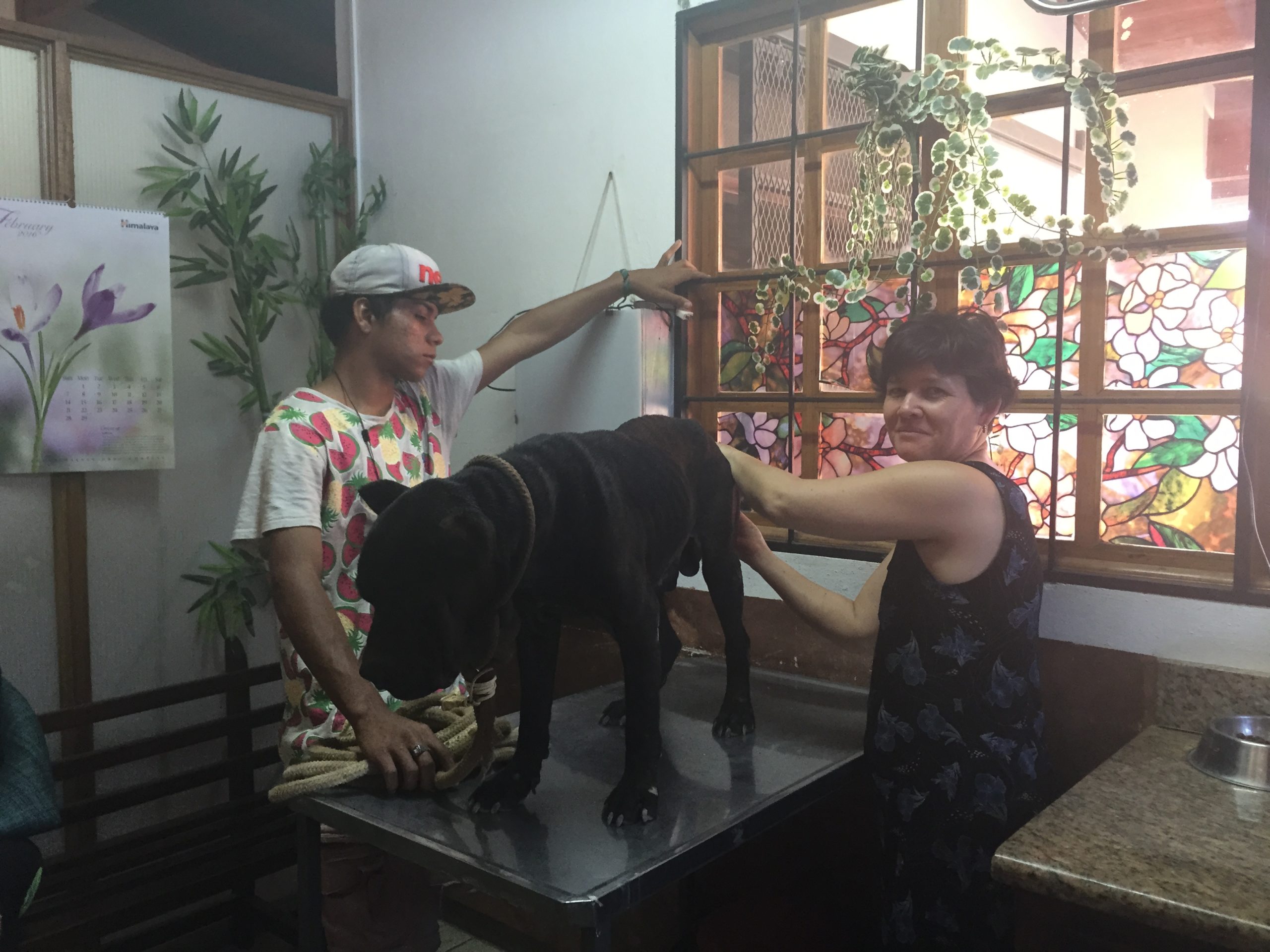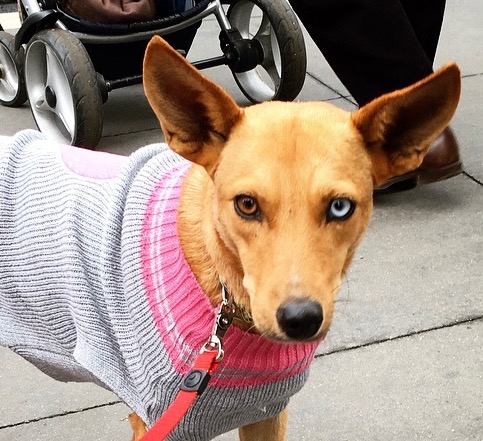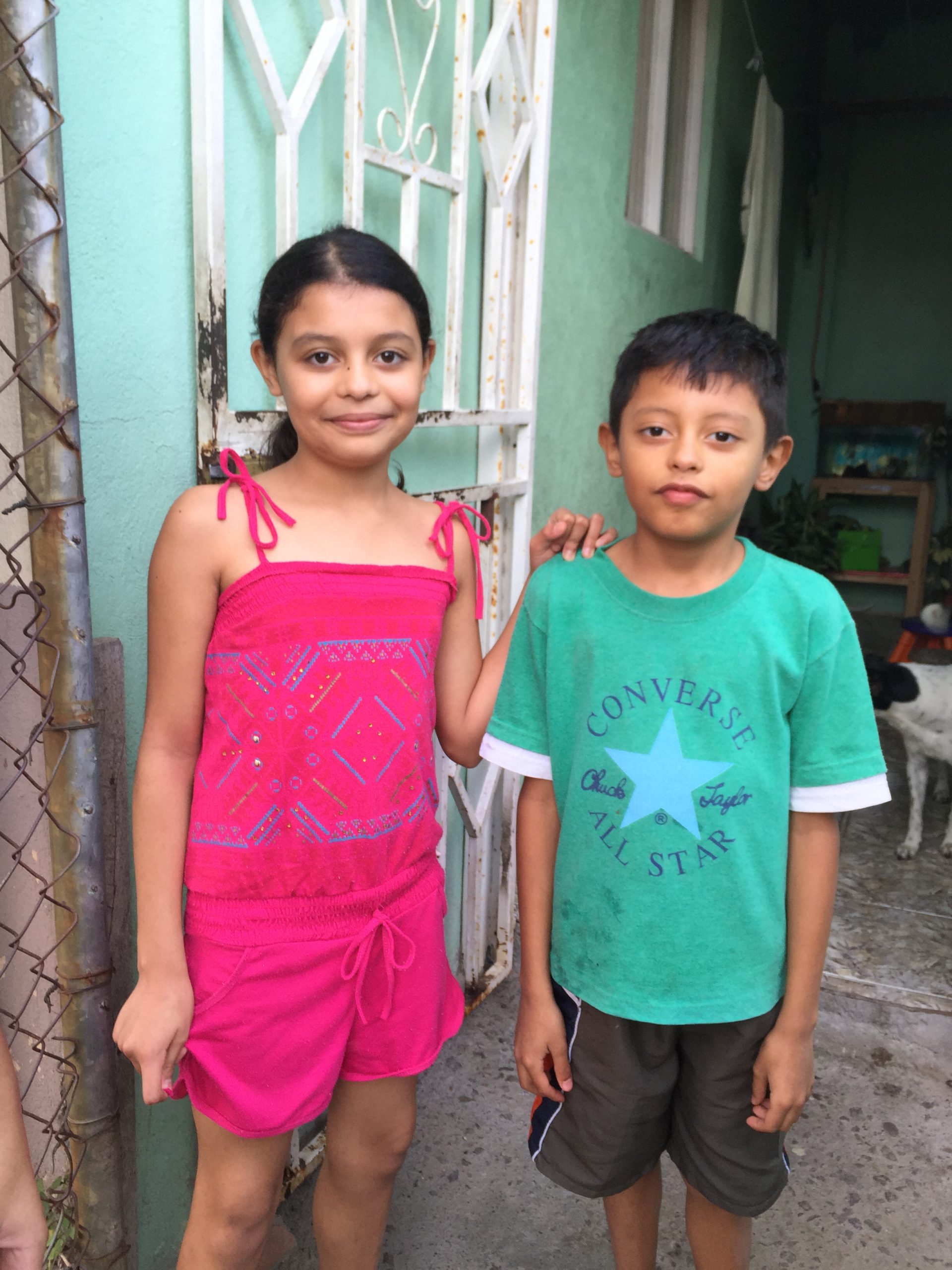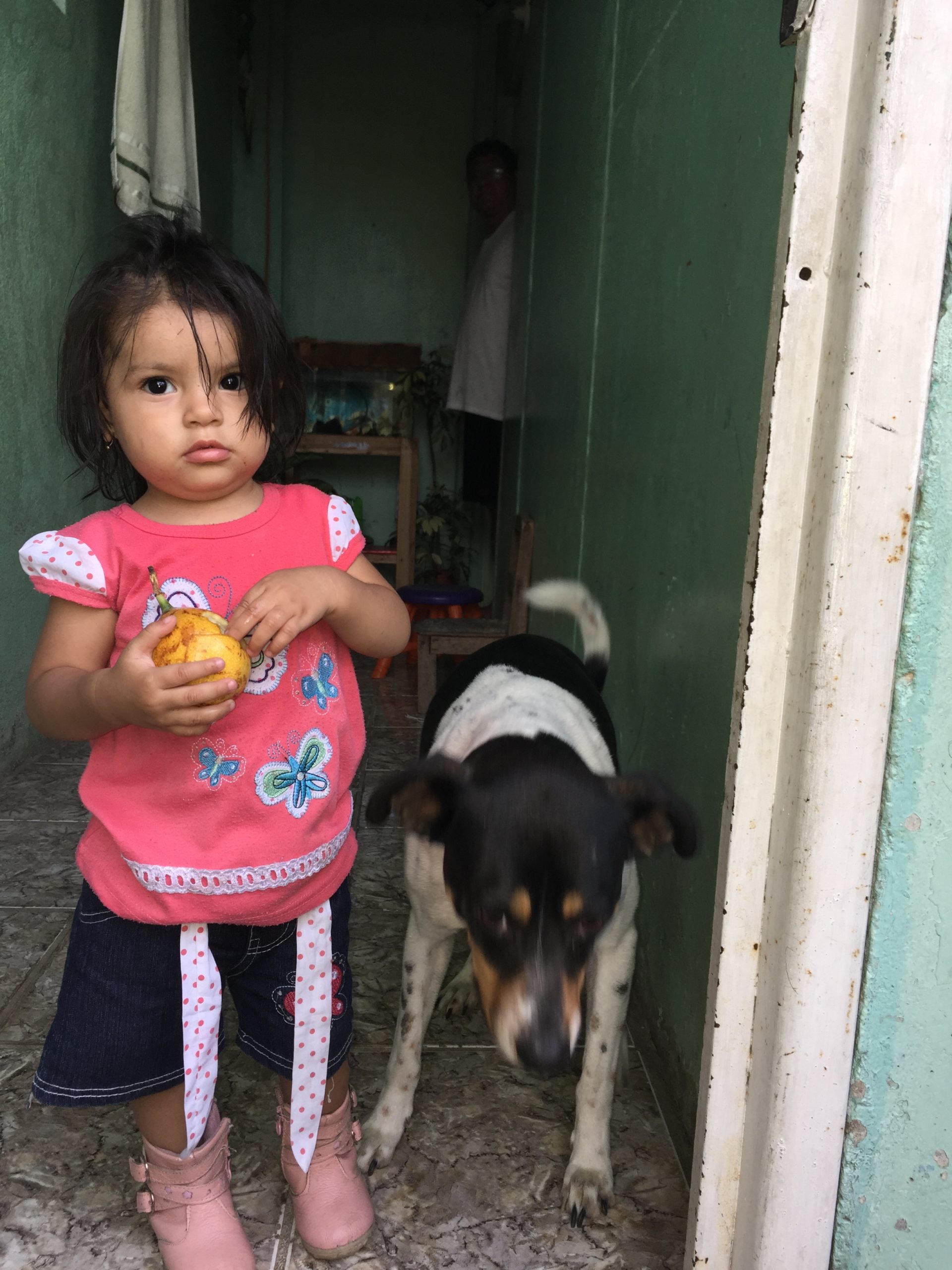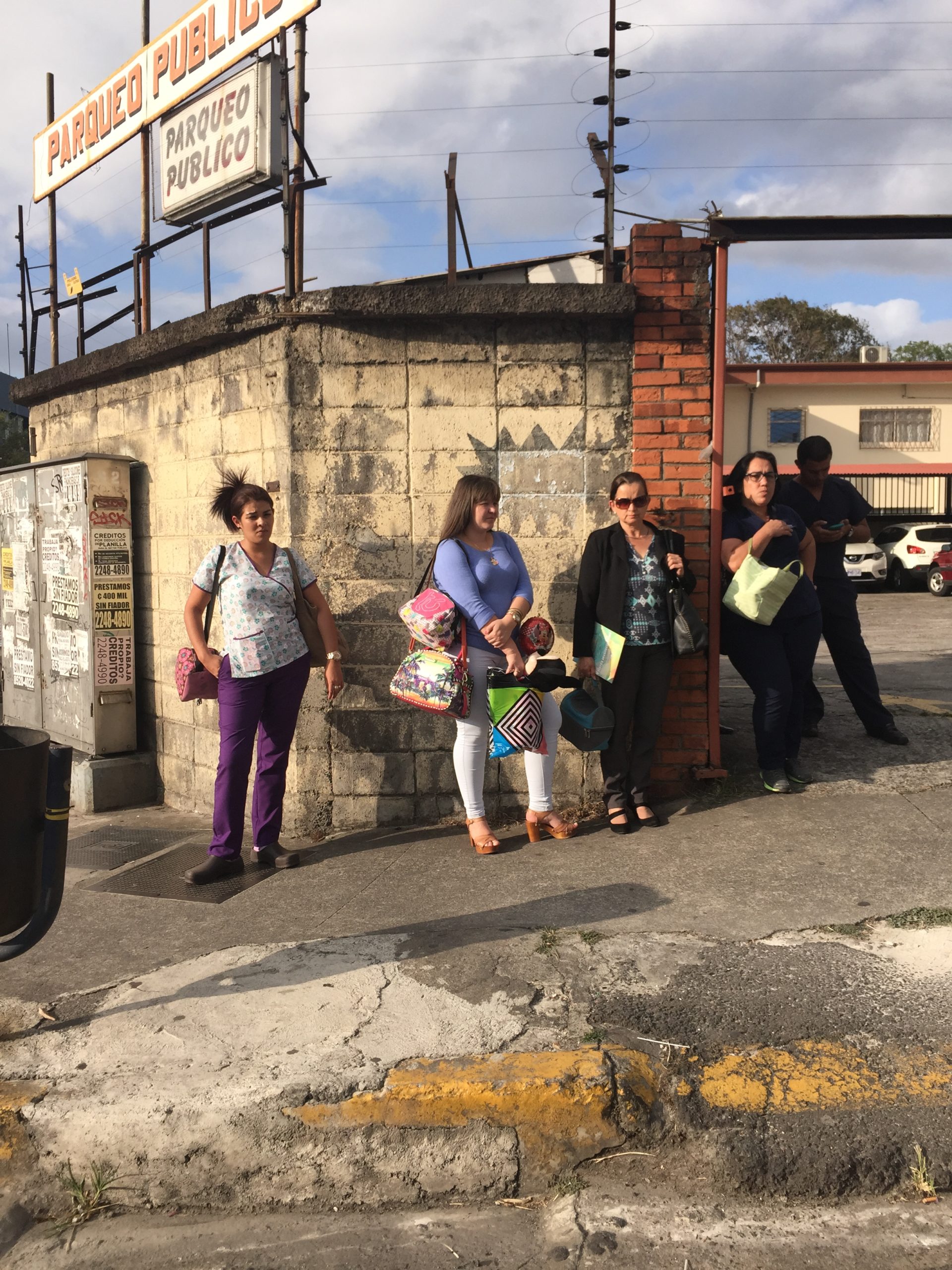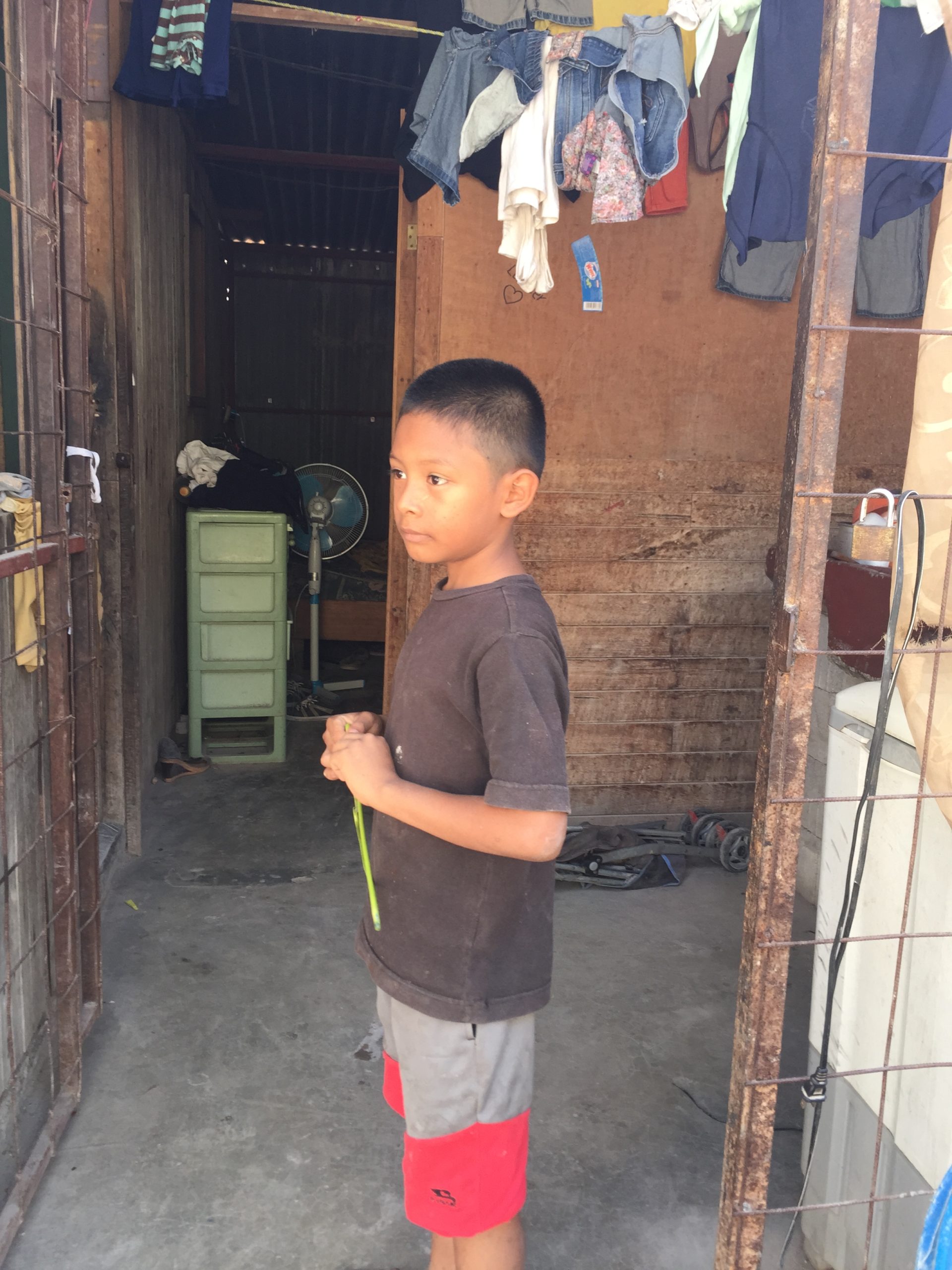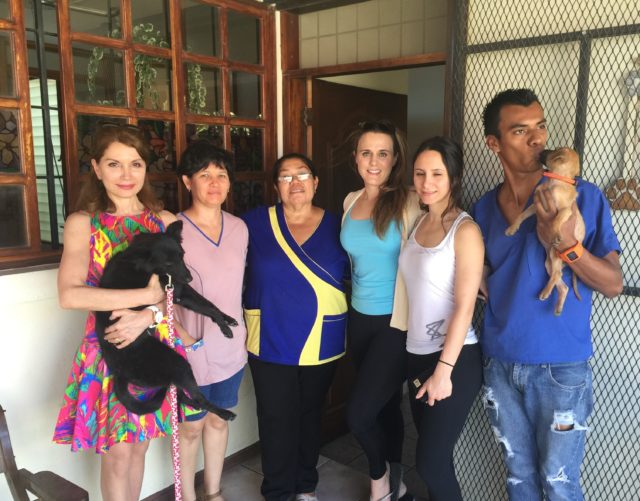
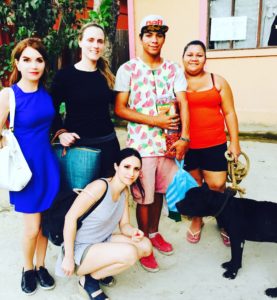
In January 2016, I traveled to beautiful Costa Rica with my daughter, Elizabeth Shafiroff and her friend, Lindsey Spielfogal. While Costa Rica is a scenic and gracious country, we were there to concentrate on what help we could offer regarding the serious problem of homeless dogs and cats. Then, we were able to return to New York with two dogs rescued from the streets. Since then, both have been adopted into loving homes through the help of Social Tees Animals Rescue.
We left New York with meetings in place with various animal rights groups — and with the intentions of bringing back three rescue dogs. Our first stop was San Jose, the capital of Costa Rica. We soon met Gisela Vico Pesch, president of the National Association for the Protection of the Animals (A.N.P.A.) She explained to us that her organization’s main objective is to provide low cost spay and neuter programs for dogs and cats.
Like many other countries in Central America and South America, homeless dogs and cats are a major issue in Costa Rica. One article I read estimated that there were over one million homeless cats and dogs in Costa Rica. The kindly people in these countries have a different view of animals than do we in the United States, mostly because of economic reasons. Many of the dogs are looked upon as working animals who can guard homes, not as pets.
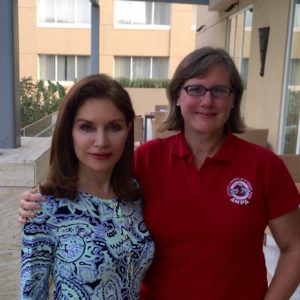
Gisela told us of the A.N.P.A’s need for funds for its spay and neuter work, and so we were happy to be able to help her out. She later took us on a tour of a poor area of Pavas, a heavily populated section of San Jose. The people living there were friendly but reserved. We noticed many stray dogs and cats. We were saddened to see some of the conditions of these animals.
After leaving Pavas, Gisela took us to her family’s private animal clinic. She showed us a section where she housed about homeless 10 dogs, all rescued from a hoarder. She was worried that they would not find loving homes. We told her that if we were to come back to Costa Rica soon we would make every effort to take at least some of them back with us.
The following afternoon, we met with the group Vida Volunteers, which works in a number of Central American countries. The organizations brings medical, dental and veterinarian services to the people of these countries. We left our meeting impressed with the work they do.

On another day, we were fortunate to have a press conference arranged by Harold Hutt Herrera of the University of Costa Rica and a group from New York. The press conference was intended to focus on us and Lya Battlle, co- founder of the Territory of Zaguates. But not wanting the other groups to be left out, I invited both Vida Volunteers and Gisela. We very much appreciated the generosity of the press and a television network for the coverage they provided of the work we are all trying to do.
The next stop was to go back to Liberia, where we had been on our last trip. We wanted to re-visit Dr. Giovanna Bulgarelli Jiminez and her veterinary clinic. The scenic trip form San Jose to Liberia takes about 4.5 hours. On our last trip we had promised Dr. Jiminez we would take three homeless dogs she kept in her clinic. We intended to keep our promise!
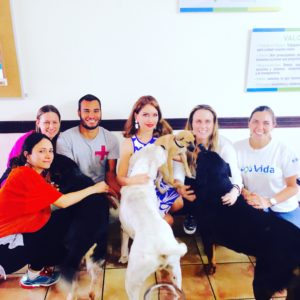
We greeted Dr. Jiminez and her small staff with hugs. Then we rushed to the dogs we were hoping to bring to the United States — Gallina, Tica and Lovita! Lovely as our union with them was, we could not linger long. We had other work to do. We set off to visit some of the people we had met on our last trip who lived in the poor community of Nazareth. Elizabeth and Lindsey prepared pamphlets on the proper care of animals to hand out to the people living in this area.
It was great to see some of those we met before in Nazareth. They invited us into their homes and asked about the little homeless dog we took from their community on our last trip. We told them that baby Nazareth, as we called the pup, had been adopted into a loving home in the United States. They were thrilled!
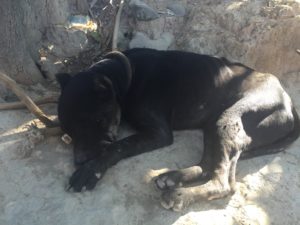
We left our friends and proceeded to drive through Nazareth. We stopped and started to hand out more pamphlets. As we greeted people, we saw quite a few homeless dogs. We passed one home and noticed a very sick black pit bull tied to a tree. We knocked on the front door and a teenage boy came out. His name was Enriique (nicknamed Mario). He explained that his dog was very sick. We were distressed to see him tied on a thick short lease to a tree. Mario untied him and we saw that the dog needed water. We explained to him that we would like to take him to a vet.
After speaking with his mother, Mario and his dog came with us to Dr. Jiminez’ clinic. The good doctor examined the dog and proceeded to give it the necessary shots and medications. We left with medication for the dog that would last a month. From there we took Mario and his dog to a pet store and purchased a big supply of foods for his dog.
The remainder of our short trip to Costa Rica was spent meeting with a local rescue group and then with more of the people of Nazareth. We handed out more pamphlets and spoke to people about the proper care of animals.
During both trips, we observed that education on proper care of animals was desperately needed. Re-education will not happen overnight, but if proper care is taught in the schools and at home, change can occur over time.
Spay and neuter programs are in great need of funding. We did our best to support some groups involved in spay and neuter programs. Overpopulation of animals is one of the bigger problems. However, this problem can be reduced. On February 23rd 2016, the country held an annual Spay and Neuter Day to coincide with the 22nd annual World Spay Day. At selected locations, spaying and neutering was available at much reduced costs. We hope that this day will help and that government, business, charity groups and private individuals can all work on these problems together.
Our trip ended on a very happy note. We did in fact fulfill our promise to bring three rescue dogs back with us. Gallina, Tica and Lovita are now in loving foster homes awaiting adoption. Anyone interested can do so by contacting Social Tees Animal Rescue socialteesnyc.org We expect that they will be adopted into loving homes very soon!
Jean Shafiroff is a philanthropist and humanitarian who lives in New York City and Southampton. The spectrum of Jean’s philanthropic work includes improving the lives of underserved populations, women’s rights and well-being, health care, animal welfare and resources for children in need, in addition to other causes.
Elizabeth Shafiroff is a free lance photo journalist and animal rescuer.
Lindsey Spielfogal is involved with animal rescue as well.[/vc_message]



